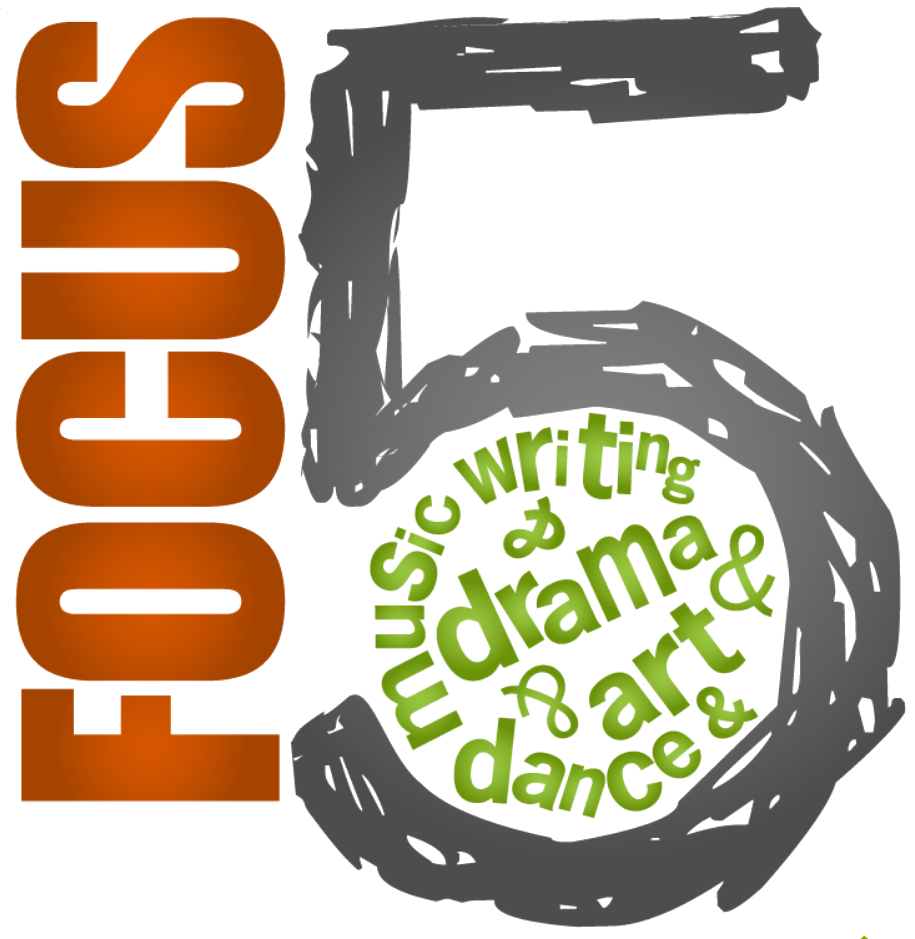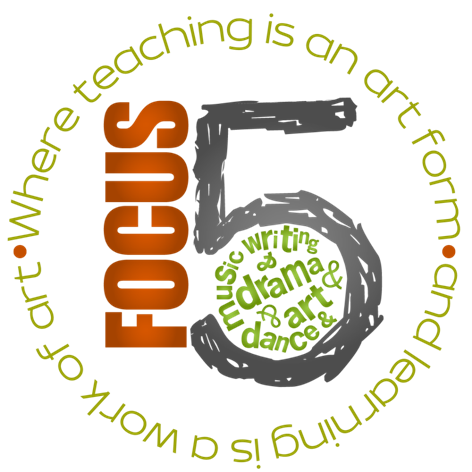
Professional Development for Educators
Arts Integration Courses and Workshops Specifically Designed for Educators.
Focus 5 offers both ONLINE and IN-PERSON courses and workshops.
With a team of highly-skilled consultants, multiple art forms, and various curriculum connections, we are a leader in the field of arts integration.
Courses & Workshops for Educators
ONLINE Asynchronous Courses
Choose from over 20 self-paced online modules focusing on various art forms and multiple curriculum connections.
Foundational Workshops
These arts-integrated workshops establish and deepen understandings of the underpinnings of arts integration and create a solid foundation for schools and programs.
Classroom Culture Workshops
These arts-integrated workshops focus on drama-based strategies that can be integrated in multiple curricular areas.
DRAMA Workshops
Arts-integrated workshops that focus on drama-based strategies that can be integrated in multiple curricular areas.
VISUAL ART Workshops
Arts-integrated workshops that focus on visual arts-based strategies that can be integrated in multiple curricular areas.
MUSIC Workshops
Arts-integrated workshops that focus on music-based strategies that can be integrated in multiple curricular areas.
DANCE Workshops
Arts-integrated workshops that focus on dance-based strategies that can be integrated in multiple curricular areas.
PUPPETRY Workshops
Arts-integrated workshops that focus on puppetry-based strategies that can be integrated in multiple curricular areas.
POETRY Workshops
Arts-integrated workshops that focus on poetry-based strategies that can be integrated in multiple curricular areas.
Assessment & Documentation Workshops
These workshops focus on ways to assess and/or document the process and product of arts-integrated learning.
Foundational workshops
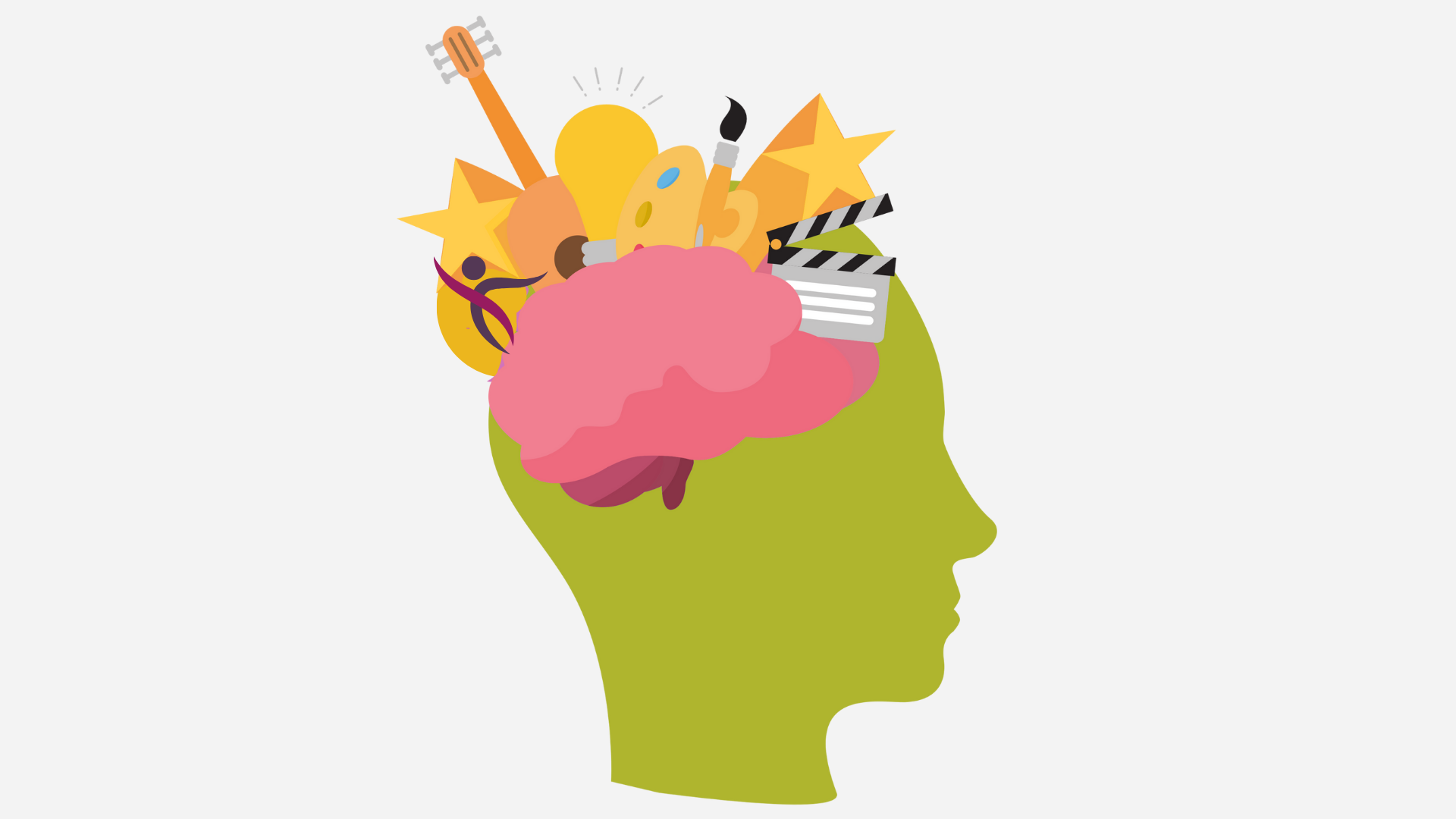
Arts Integration: The What and Why
For Administrators, Arts Specialists, Teachers
All grade levels
This session delves into the internationally recognized definition of arts integration, exploring its core principles and best practices. Participants will uncover the essential characteristics of high-quality arts integration and examine how they align with effective educational strategies to enhance student learning across disciplines.
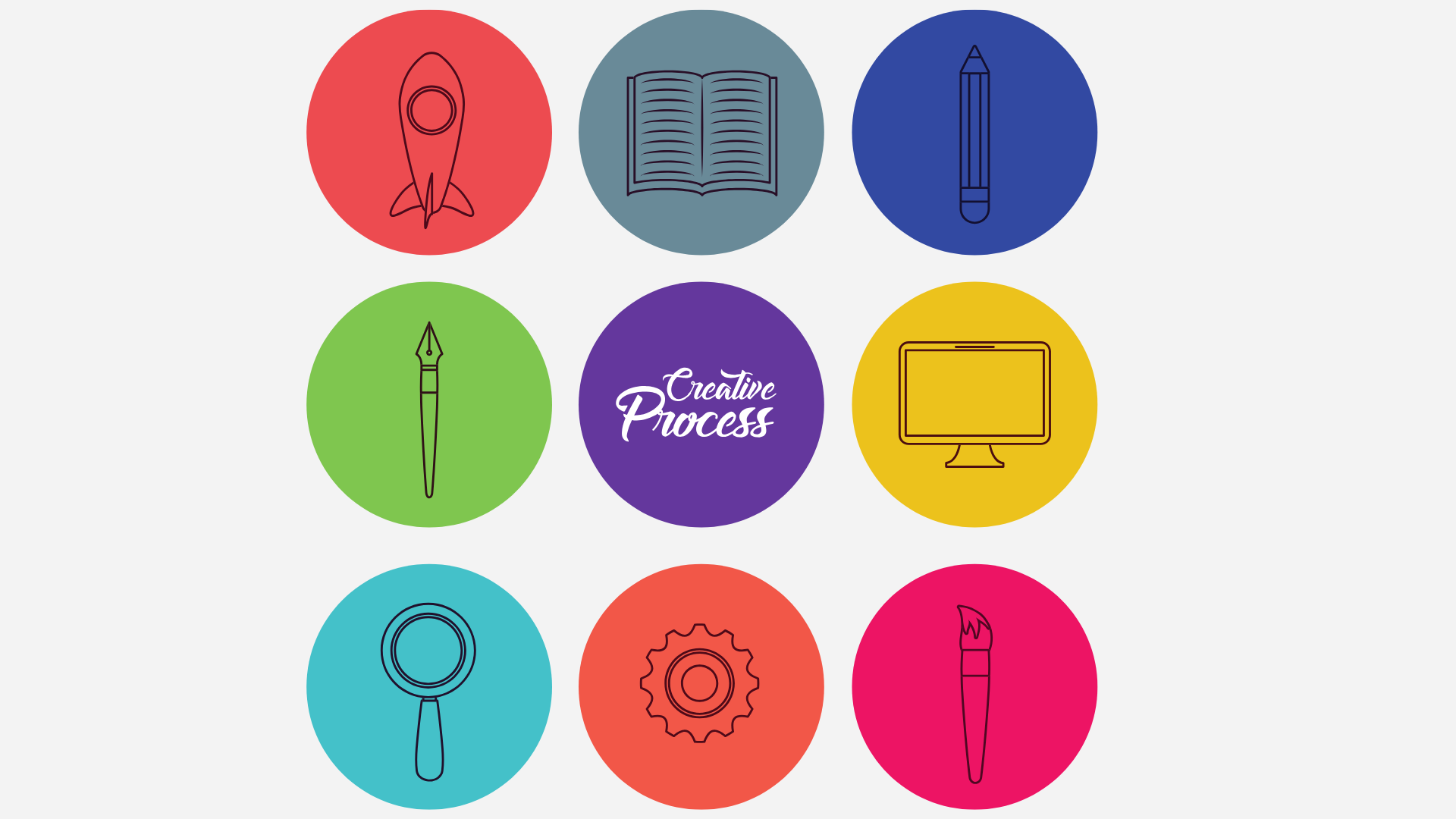
Facilitating Arts Integrated Learning
For Administrators, Arts Specialists, Teachers
All grade levels
Leading arts integration lessons requires a distinct instructional approach that differs from traditional teaching methods. This workshop examines the essential elements of effective facilitation in arts integration, focusing on how teachers support and guide the creative process—the cornerstone of arts-integrated learning. Explore key strategies for balancing leadership and guidance at different stages of instruction. Engage in an example lesson to see these concepts in action and discover how to create dynamic, student-centered learning experiences.

Foundational Principles of an Arts Integrated Classroom
For Administrators, Arts Specialists, Teachers
All grade levels
Whether you are bringing dance, drama, visual arts or music into your classroom—arts integrated instruction relies on 6 learning principles that create the foundation for effective instruction. In this session, participate in a model lesson, and consider the alignment of these principles with your approach to teaching.

The Art of Matchmaking: Connecting the Arts to Other Curriculum
For Administrators, Arts Specialists, Teachers
All grade levels
Creating arts integrated topics remains a skill teachers continually ask about and want to develop. What makes a “good fit” between an arts focus and another subject area? How can teachers uncover the possibilities? Designed by the authors of the Kennedy Center’s definition of arts integration, Lynne Silverstein and Sean Layne have put their minds together again to create a helpful, user-friendly process for creating arts integration connections.

Reaching Students with Autism Through the Arts: Implications for Inclusive Arts Classrooms
For Administrators, Arts Specialists, Teachers
All grade levels
There are a growing number of students with Autism Spectrum Disorder (ASD) and other learning differences being included in school and community-based programming. In addition, there are many arts teachers who are being assigned to self-contained classrooms for students with profound exceptionalities. The arts are an essential way to enhance the learning environment and deepen students understanding.
This workshop provides successful instructional and arts integration strategies for including students with ASD in the areas of communication, cognition, sensory integration, socialization, emotional management, and behavior. The information that is provided can easily be generalized into all learning environments. Practical applications, resources, and video examples of successful arts-based content for children with ASD will be provided.
Classroom Culture Workshops

ACTING RIGHT: Building a Cooperative, Collaborative, Creative Classroom Community Through Drama
For Administrators, Arts Specialists, Teachers
All grade levels
This arts integration workshop takes the foundational elements of acting such as concentration, cooperation, and collaboration and creates a structured process, which can become the basis for effective classroom management every day. This engaging, step-by-step approach empowers students to take ownership of and be responsible for their own behavior. Learn how to help students build the skills necessary to establish a sense of self-control, accountability, and teambuilding in your classroom.
This workshop is recommended for any classroom based in active, social, cooperative learning. Check out all of the incredible add-on resources below!
Overview Videos...
Actor's Toolbox Podcast
Listen to a podcast setting up the procedure of the Actor’s Toolbox. This podcast is not intended to be played for students. This procedure should be delivered by the teacher.

*RESOURCES for Acting Right
Purchase items below to complement the 'Acting Right' workshop above to use in your own classroom!
These arts integration books, CD’s and visual tools complement the “Acting Right” arts-integrated teaching method. With these tools you can create incredible sessions with your students to build a cooperative, collaborative, creative classroom community.
For Teachers That Have Attended the Workshop
Looking for the “Actor’s Toolbox” music to accompany Acting Right? You can download it HERE if you’ve attended this workshop.
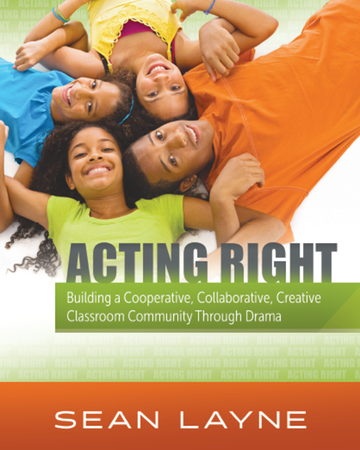
Acting Right Book
$28
Includes shipping!
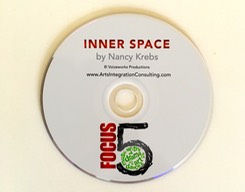
Acting Right Book + Actor's Toolbox Music (CD)
$31
Includes shipping!
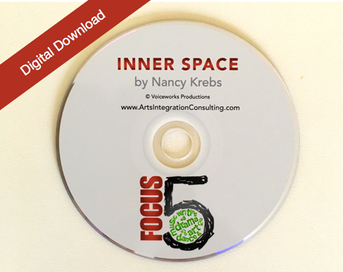
Actor’s Toolbox Music
-Digital Download-
$3
Includes shipping!
NOTE: If you already attended this workshop scroll up to see instructions to download the music.
If not and wish to purchase, after payment please click RETURN TO MERCHANT at the bottom of the PayPal page, which will open a page for dowloading the music file.
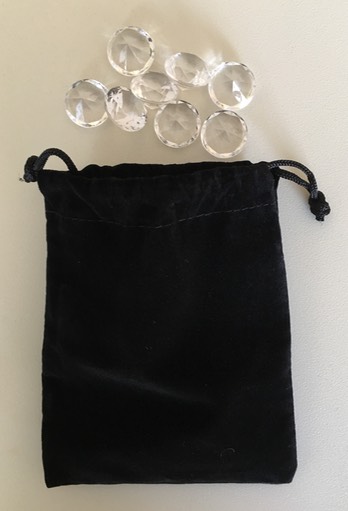
Jewels of Concentration
(35 per bag)
$12
Includes shipping!
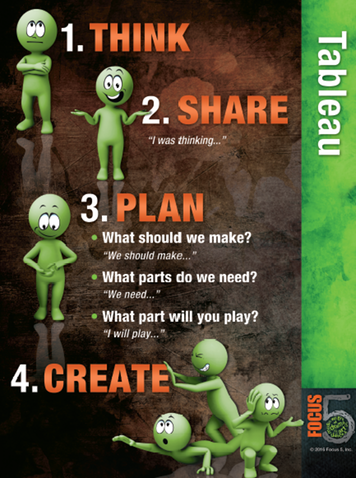
Tableau Poster 11x17
$13
Includes shipping!
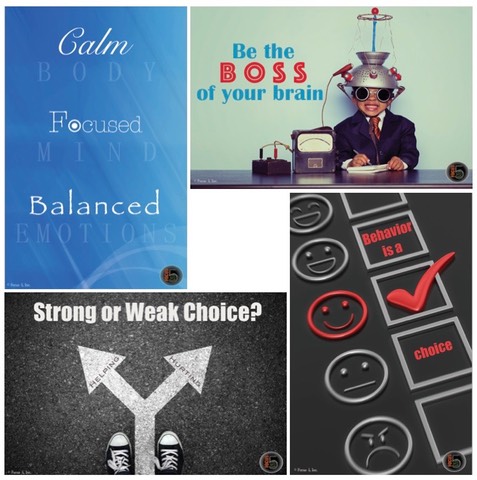
Classroom Posters
$25
Includes shipping!
Set of 4 classroom posters with key concepts and phrases from the Acting Right work.
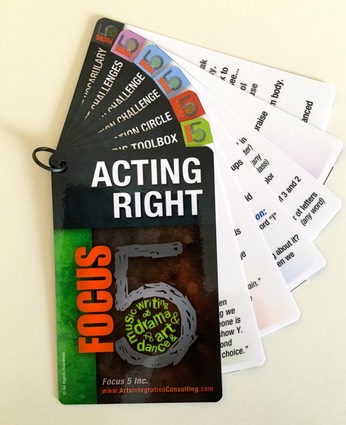
Acting Right Card Set
$17
Includes shipping!
Once the initial Acting Right procedures are in place, this card set acts as a helpful guide as you facilitate the strategies with your students.
The set includes 7 laminated 4×6 cards. Each card takes one of the Acting Right strategies and lists its procedure, teacher role, and goal. The backside of each card lists reflection questions to ask students after participating in the strategy. An additional card lists statements and questions to use for classroom management.
Available in Spanish also!
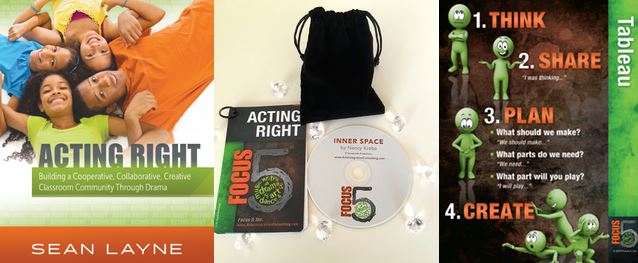
Acting Right Complete Set
$60
Includes shipping!
Includes Acting Right book, music digital download, Jewels of Concentration, Facilitator Cards, Tableau Poster
Note: after payment please click RETURN TO MERCHANT at the bottom of the PayPal page, which will open a page for downloading the music file.
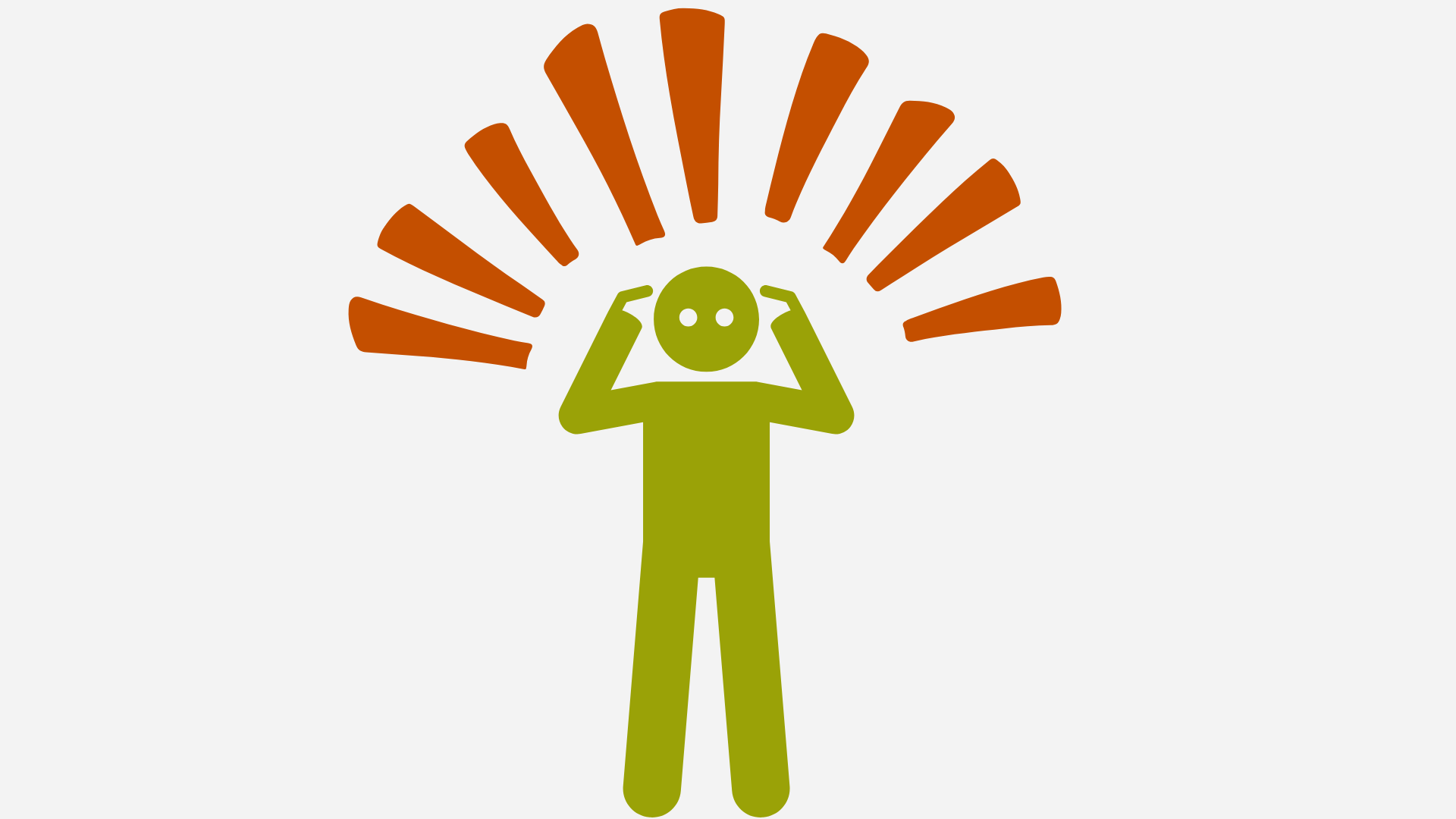
Developing Concentration and Cooperation Skills Through Drama
For Teachers
Grades 2-5
From circle time to morning meetings, teachers are in search of ways to build a mutually supportive community with their students. This arts integrated workshop shares strategies to incorporate drama improvisation games into the classroom to strengthen development of the important social-emotional skills of concentration and cooperation.

Academic Conversations in the Arts Integrated Classroom
For Administrators, Arts Specialists, Teachers
All grade levels
An arts integrated approach to teaching is grounded in collaborative, social, cooperative learning. The heart of this approach is the students’ ability to effectively engage in, navigate, and negotiate purposeful conversations. This session explores how to establish the literacy of academic conversations that develop the speaking and listening skills required of Common Core Standards and 21st Century Learning.

Designing Classroom Spaces for Arts Integration
For Administrators, Arts Specialists, Teachers
All grade levels
Arts integration and 21st century learning require collaboration, creation/design, and the engagement of higher order thinking. Unfortunately, many classrooms were not designed with this type of learning in mind! In this session, consider how to redesign and organize your classroom’s physical layout and furniture arrangement so it is flexible and can support students’ ability to be creative and collaborative while constructing and demonstrating their understandings through the arts.

Art Teachers: A Palette of Management Strategies
For Arts Specialists
All grade levels
Teaching art can be both fun and challenging. As a classroom teacher or visual art specialist, how can we help our students to work effectively and creatively when handling art making materials, having academic conversation and making multiple transitions? The answer lies in teaching not just the content of the art form but behaviors, procedures and reflective thinking processes as well. In this highly interactive arts integration workshop experience tangible examples of classroom management in an art making classroom that will equip you to teach art with structured creativity so your students can thrive as artists.
Arts Integrated Workshops
Drama Workshops

One-Minute Challenge Tableau: Comprehension and Assessment for Learning
Prerequisite: Acting Right Workshop
For Teachers Grades K-8
This hands-on workshop introduces a powerful, low-risk theatrical strategy—tableau—that invites students to create living pictures capturing a moment in time. Through this dynamic process, students apply and expand their understanding across the curriculum, including language arts, social studies, and science. Participants will learn how to facilitate tableaus that illuminate key concepts, deepen comprehension, and offer immediate insight into student thinking. The strategy supports differentiated instruction, engages diverse learners, and fosters collaboration, creativity, and critical thinking. Come experience how drama can motivate, assess, and transform teaching and learning!
*See Acting Right video on our video page to see students creating tableaux.

Text Card Tableau: Introducing New Content Through Drama
Prerequisite: Acting Right Workshop
For Teachers Grades K-8
Discover how to use short text passages as powerful springboards for creating dynamic student tableaus. These “living pictures” engage students in close reading, interpretation, and collaborative decision-making as they physically represent the meaning behind the text. This highly interactive strategy gives teachers immediate insight into students’ comprehension—whether of factual content, conceptual understanding, or overarching themes. The approach can also be adapted to introduce, reinforce, and assess vocabulary in a meaningful, memorable way. Participants will explore how this arts-integrated practice builds fluency, deepens thinking, and makes learning visible—all while energizing the classroom.
*See Acting Right video on our video page to see students creating text card tableaux.
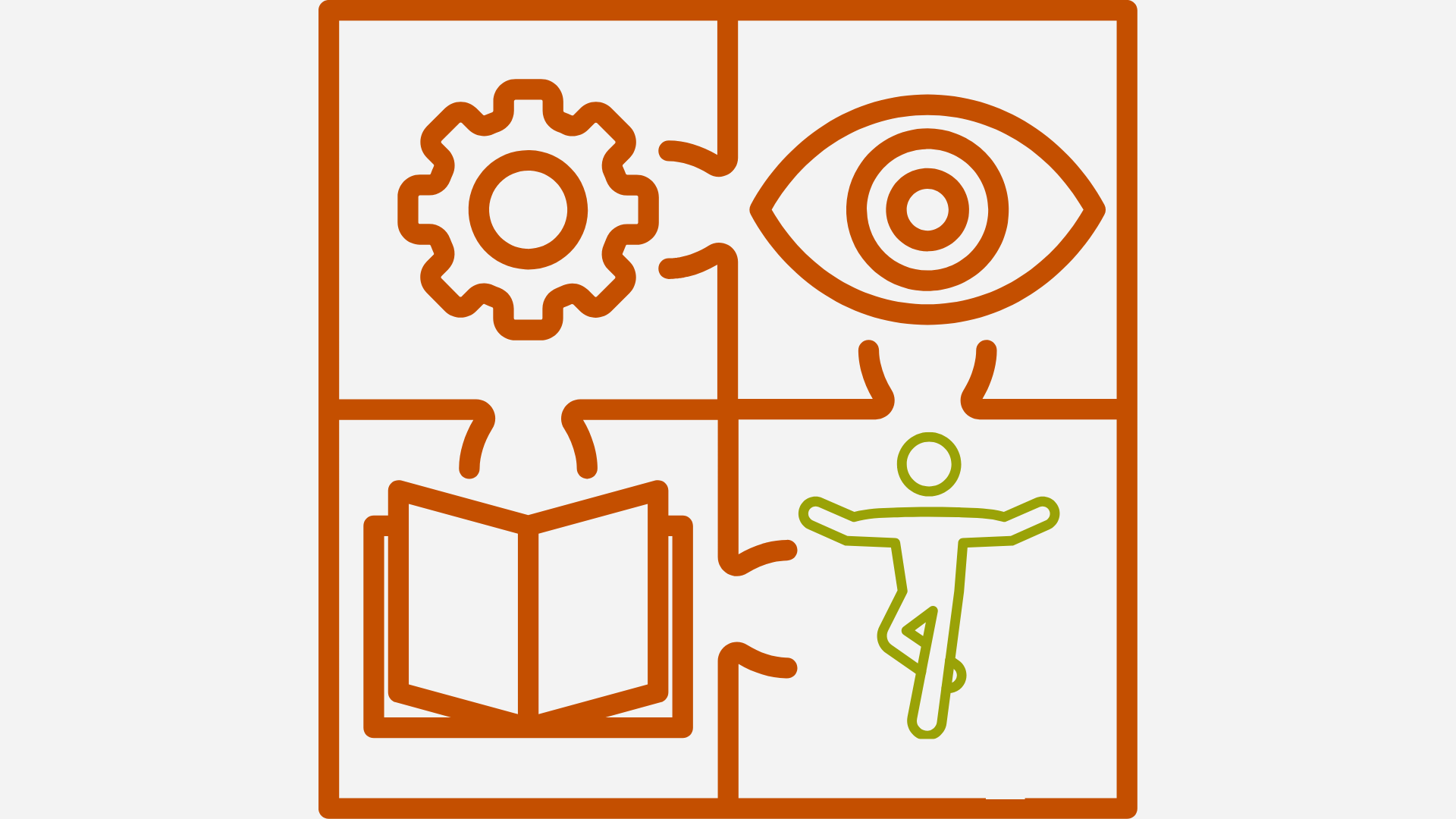
Visualizing Vocabulary: A Drama-Based Approach to Deeper Word Understanding
Prerequisite: Acting Right Workshop
For Teachers Grades K-8
Tired of vocabulary instruction that falls flat? In this active, hands-on workshop, discover how to use tableau—a powerful, low-risk drama strategy—to bring academic vocabulary to life. Explore adaptable techniques that help students analyze, apply, and internalize vocabulary across content areas. These strategies offer creative, collaborative, and embodied entry points into word learning that deepen comprehension and boost retention.
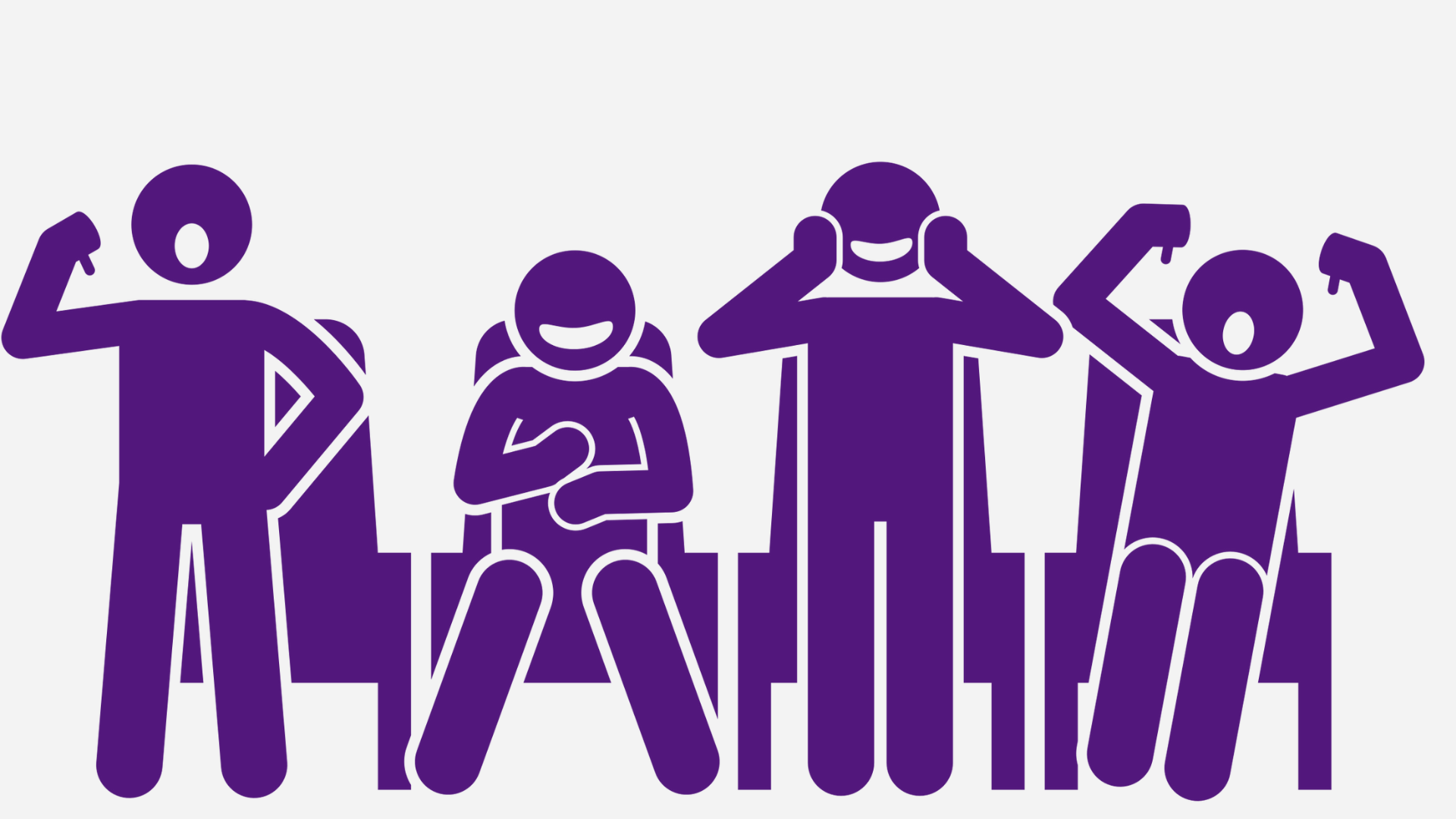
Freeze Tag Tableau: Constructing Understanding Through Sentence Stems
Prerequisite: Acting Right Workshop
For Teachers Grades K-8
Freeze Tag Tableau provides a strategy that creates tableaus that require students to be more introspective and empathetic through the use of language. Sentence stems are created by the teacher and completed by the students. The tableaus are more structured and have more of a performance “feel” than One-Minute Challenges. Freeze Tag Tableaus incorporate musical soundtracks, are created by the entire class, or individual small groups, and provide the teacher with an entry point to become comfortable taking on the role of director.
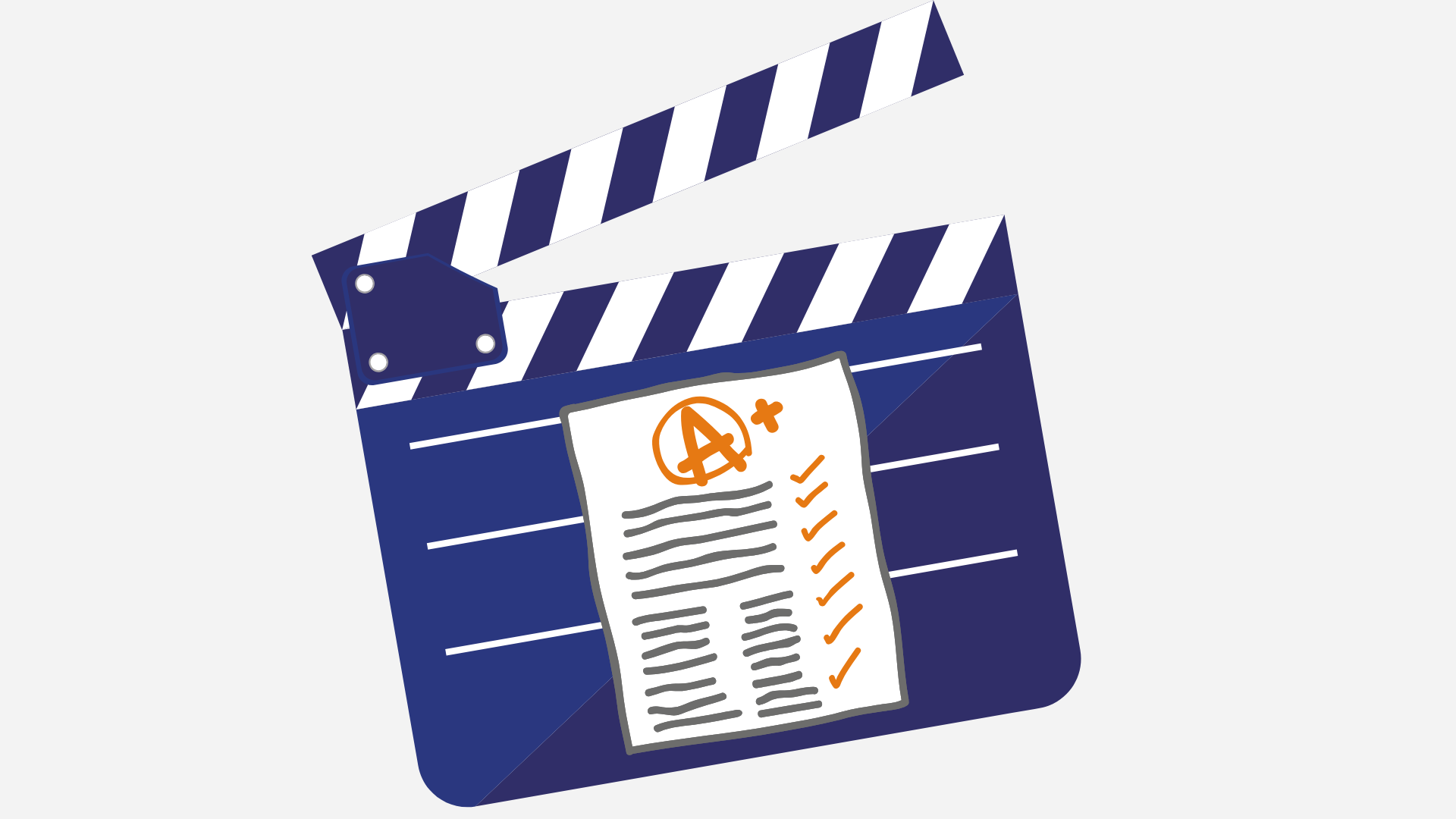
Putting Drama to the Test: Test Prep Through Drama
Prerequisite: Acting Right Workshop
For Teachers Grades 2-8
In response to mandated statewide testing, this workshop combines test taking strategies with drama strategies to create an engaging, lively and successful format for preparing students for the reading tests. This innovative work builds students’ capacity to navigate testing vocabulary, deepen reading comprehension, and capitalize on the collaborative, differentiated nature of drama. This work is aligned with Common Core Standards. Piloted with classrooms over the course of a year, this work consistently proved to increase test scores, deepen learning and make studying fun!
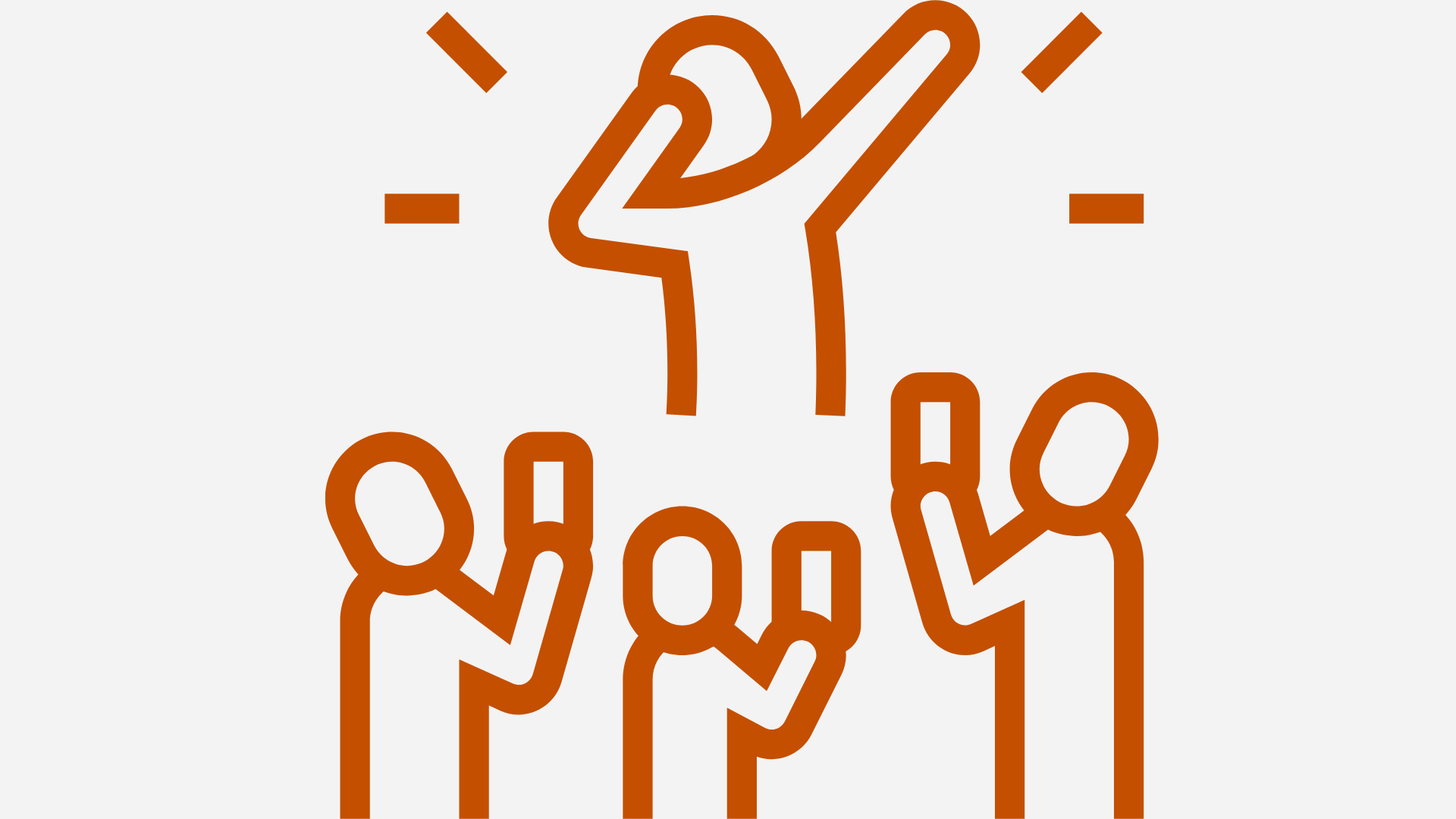
Thinking on Your Feet: Building a Creative Classroom Community Through Improv!
For Teachers Grades K-12
Improv Games are a quick, engaging way to teach skills, boost learning, start the day, to use between tasks and before tests, or even to change the energy after lunch or near the end of the day. This session focuses on 5-15 minute ready-to-use game-like learning structures that are highly adaptable and can be used to teach content, build classroom community, and develop cooperative learning skills. Join drama specialist and “improv queen” Maria Tereza Schaedler-Luera as she gets your creative juices flowing in this playful session designed for K-12 teachers.
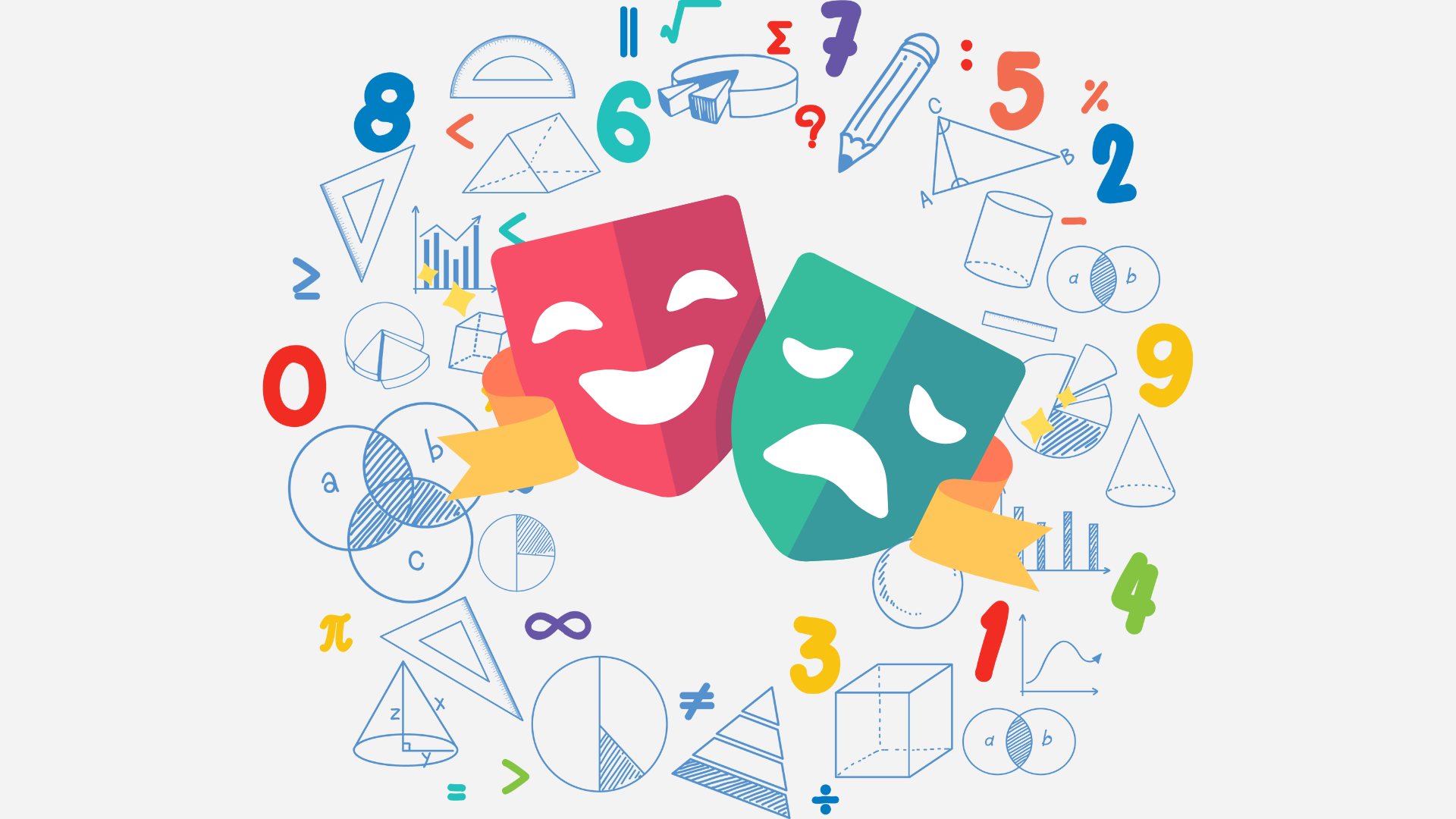
Math Made Fun: Engaging Improv Games for Elementary Math Concepts
For Teachers Grades K-5
Dive into the exciting world of improvisation and discover how it can revolutionize math education in your classroom. Join drama specialist and improv queen Maria Tereza Schaedler-Luera for a playful workshop designed for K-5 teachers. Discover a collection of interactive game-like learning structures that make math concepts come alive. From engaging activities that reinforce number sense, ordering, and mental math skills to creative explorations of geometry and measurement concepts, these dynamic games will transform your math lessons into exciting and interactive experiences. Enhance students’ critical thinking, problem-solving abilities, and overall mathematical proficiency as you infuse your classroom with joy, collaboration, and a love for math!

Exploring Social Change Through Drama
For Teachers Grades 6-12
How can we effectively empower our students to navigate the complexities of the world, develop strong relationships, and approach problem-solving with a keen understanding of perspective, diversity, and empathy? This professional development workshop is designed to introduce middle and high school teachers to the transformative power of drama and multi-sensory improvisational exercises in exploring social change. Led by Brazilian Theater Specialist Maria Schaedler-Luera, participants will engage in interactive exercises that provide both a theoretical foundation and practical strategies for incorporating these techniques into their classrooms. By the end of the workshop, teachers will have gained insight into the potential of drama and multi-sensory exercises, including Theater of the Oppressed techniques, to inspire critical thinking, empathy, and creativity among their students.
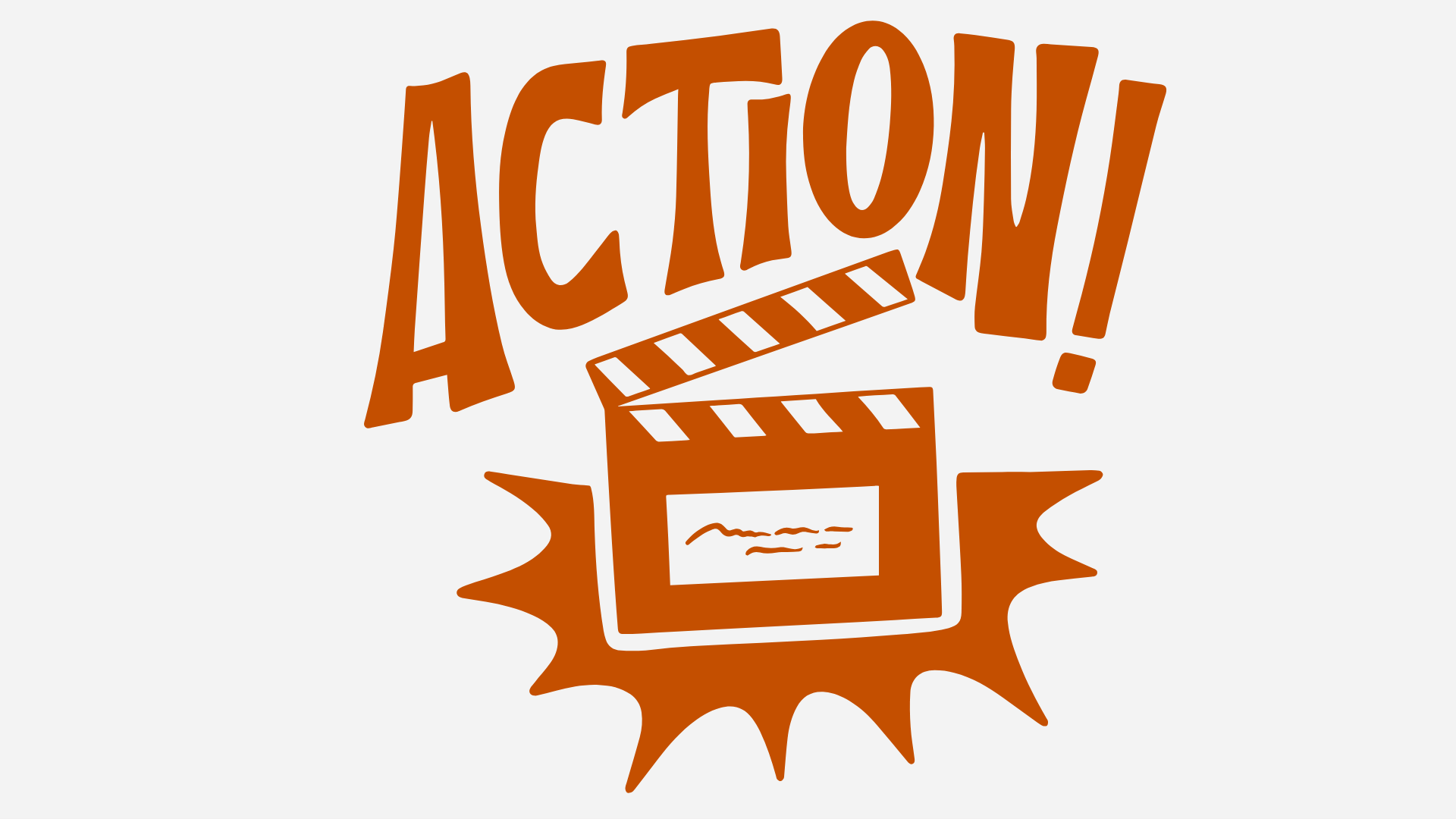
Acting Out Sneak Previews in the Language Arts Classroom
For Teachers Grades 2-8
Experience the transformative power of sneak previews and ignite a passion for reading in your language arts classroom! Join Brazilian Theater Specialist Maria Schaedler-Luera in this immersive residency tailored for grades 2-8 teachers. Discover the art of narration and pantomime, as you learn to bring stories to life, creating an immersive experience that will leave your audience yearning for more. By unleashing your students’ creativity, fostering critical thinking, and cultivating a deep love for literature, you can revolutionize your language arts instruction. Join us for this dynamic professional development experience and embark on a journey of enchantment with the captivating world of sneak previews.

Theatrical Journeys: Empowering SEL through Drama and Improv Games
For Teachers Grades 6-12
Join Brazilian Theater Specialist Maria Schaedler-Luera in this engaging workshop designed for middle and high school teachers. Experience the captivating world of Theater as a catalyst for teaching Social-Emotional Learning (SEL) in a creative and impactful way. Discover how this expressive art form empowers students to delve into emotions, foster empathy, refine communication skills, and cultivate self-assurance. Through hands-on participation in a variety of carefully curated drama and improv activities, you will learn how to create a nurturing and inclusive environment where students can freely express themselves, collaborate, and develop their social and emotional intelligence. Don’t miss this immersive opportunity to unlock your students’ potential and create a classroom where the transformative power of theater nurtures their social-emotional growth.

Developing Conversation Skills through Improvisation
For Teachers Grades 2-5
Improv provides a fun way for students to develop their active listening and spontaneous conversation skills.From circle time to morning meetings in the Responsive Classroom®, teachers are in search of ways to build a mutually supportive community, where students take turns leading and following, develop flexible thinking and build onto each other’s ideas. In this workshop, Kassie Misiewicz shares strategies to incorporate drama improvisation games into the classroom to strengthen important conversation skills of eye contact, concentration, cooperation and saying “Yes, and…” to their partner’s ideas.

Tiny Toy Tales: Storytelling and Early Childhood Literacy
For Teachers Grades PreK-2
Tiny Toy Tales transform beloved children’s books into dynamic storytelling experiences that ignite imaginations and deepen literacy learning. Rooted in the power of oral tradition, this strategy engages students in comprehension, sequencing, vocabulary development, and expressive language—all through miniature props and dramatic play. In this hands-on workshop, participants will experience a Tiny Toy Tale in action, receive a complete set of materials, and have dedicated time to assemble a tale of their own. Whether you’re new to storytelling or looking to expand your toolkit, this session will help you reimagine what literacy instruction can look—and sound—like.
Visual Art Workshops
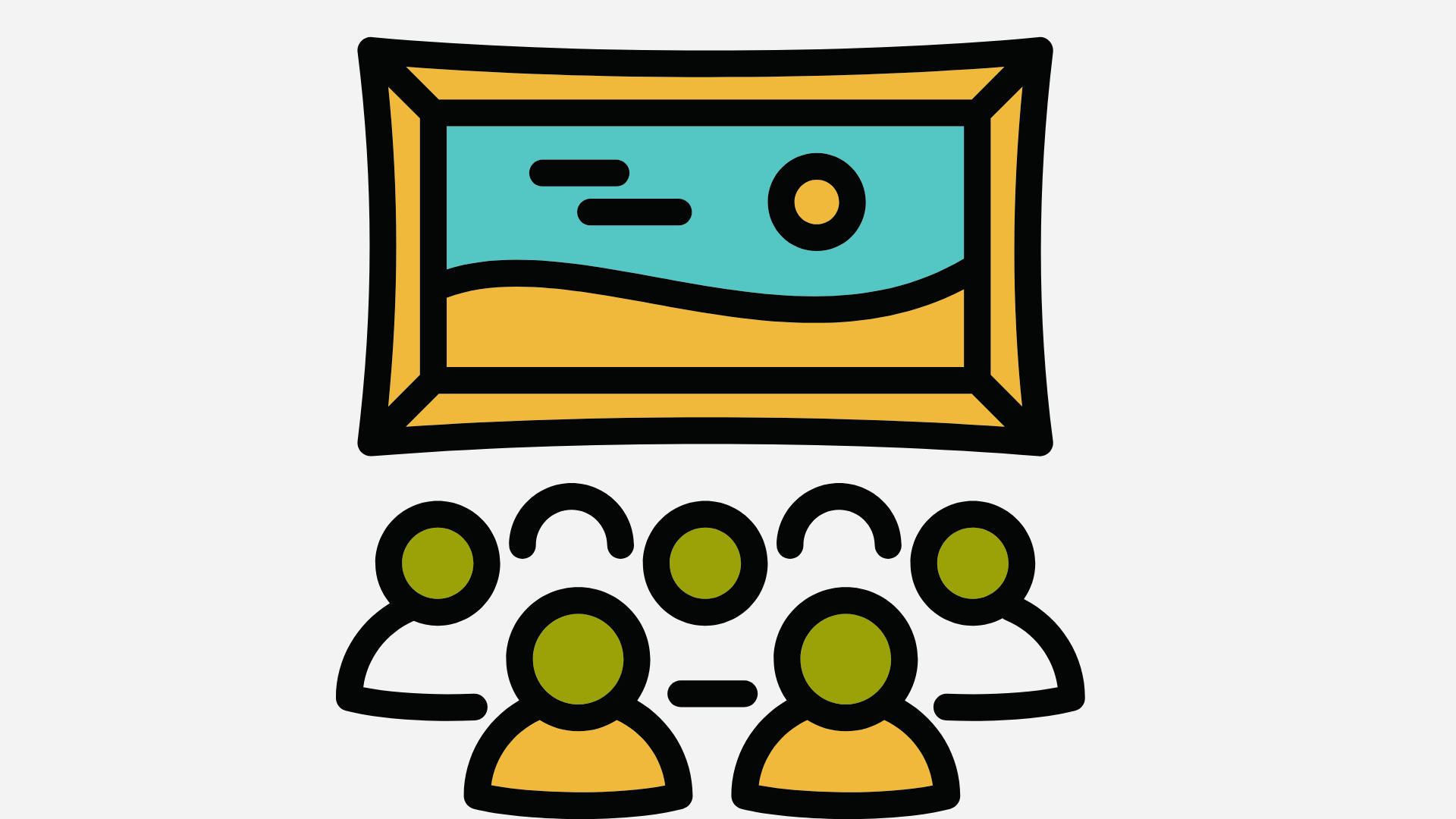
Reading Art Across the Curriculum
For Teachers Grades K-2, 3-5 or Secondary
Visual art is a text that students of all reading abilities can access. This arts integration workshop introduces the language of visual art so that teachers feel confident looking, thinking, and talking about art with their students. Learn about resources for building a library of images that can be used to efficiently build background knowledge, teach content, generate points of inquiry for research, and assess understandings in social studies, science, and reading.
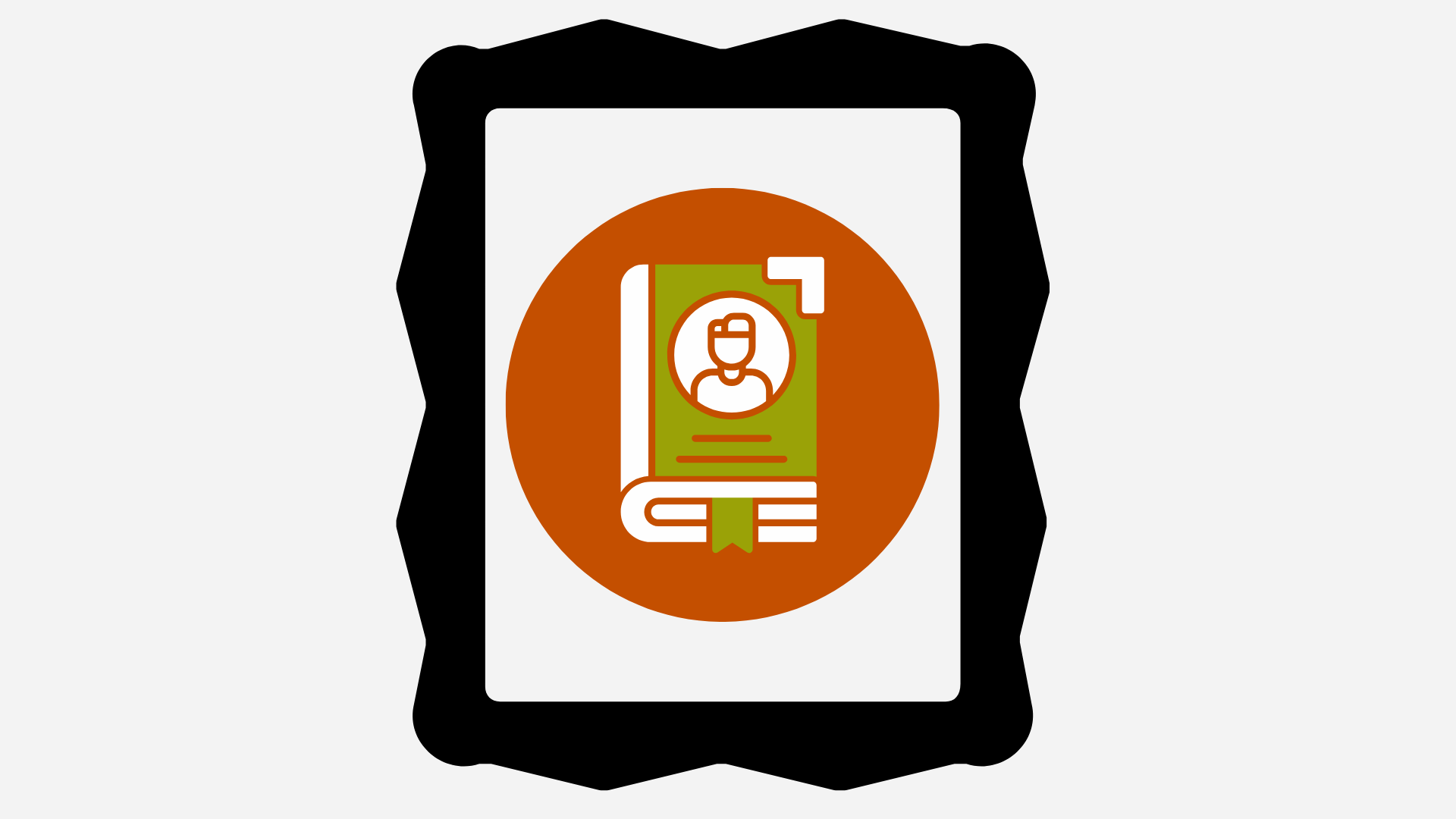
Reading Portraits as Biographies
For Teachers Grades K-2, 3-5 or Secondary History and/or ELA
There’s more to a portrait than you might think. Portraits are often viewed as a mere depiction of a person when in actuality they can be read as biographies that communicate significant information about a person’s life. This arts integration workshop examines ways to teach students to view portraits as a visual text filled with meaningful symbolism in order to make the study of people and biographies more engaging. Reading portraits helps activate and build background knowledge, construct understanding, and reflect on historical and literary figures across the curriculum.
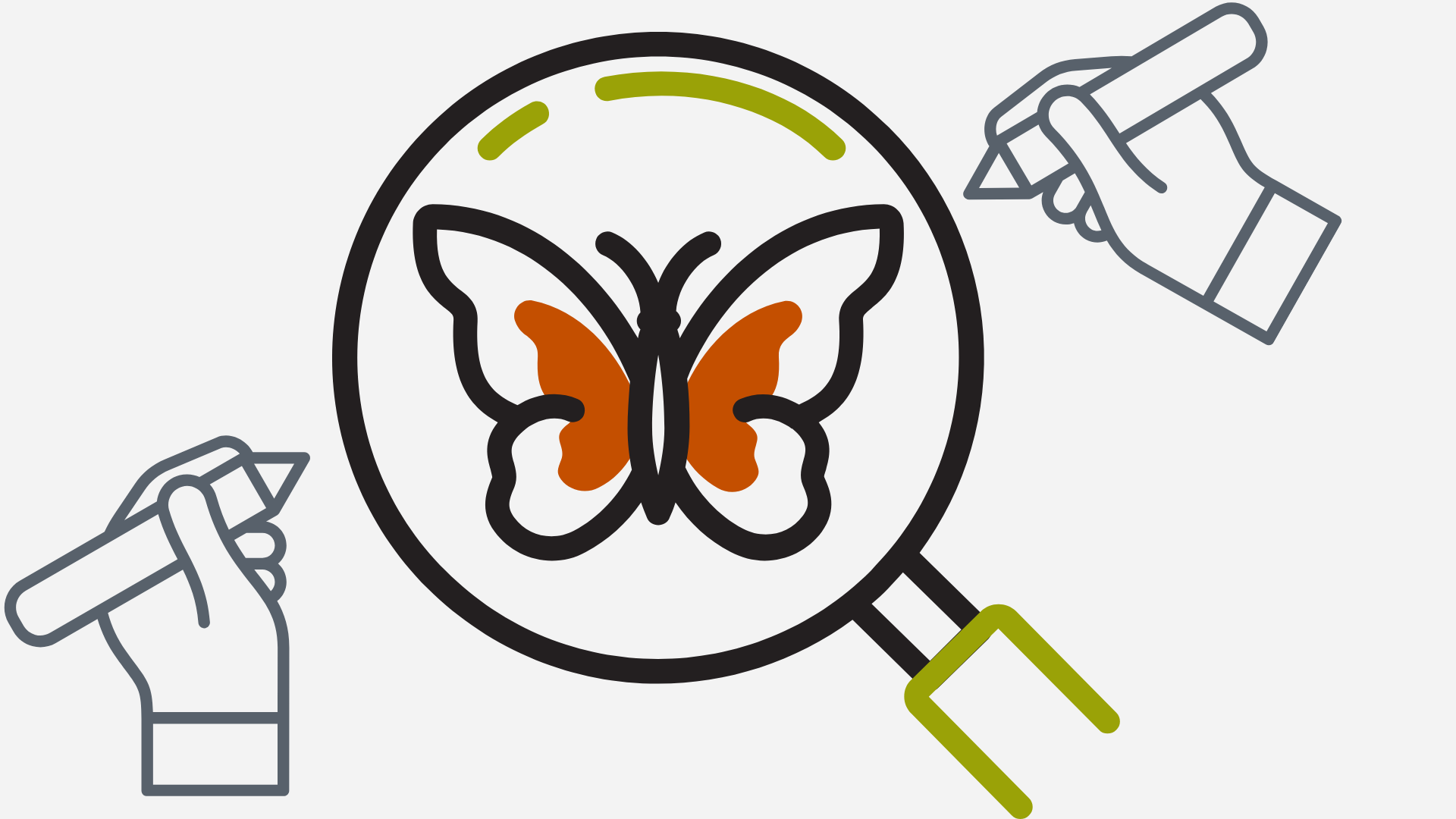
Think Like a Scientist: Observational Drawing
For Teachers Grades 3-12
Scientists, engineers, architects, and many other professionals rely on observational drawing to accurately record and communicate important information. This arts integration workshop engages teachers in a hands-on strategy that teaches students to closely observe and draw objects from nature—building a deep, detailed understanding of patterns, structures, and functions. Far from a skill reserved for gifted artists, scientific observational drawing is accessible to all students through the development of simple, powerful habits.
Join us as we turn STEM into STEAM!
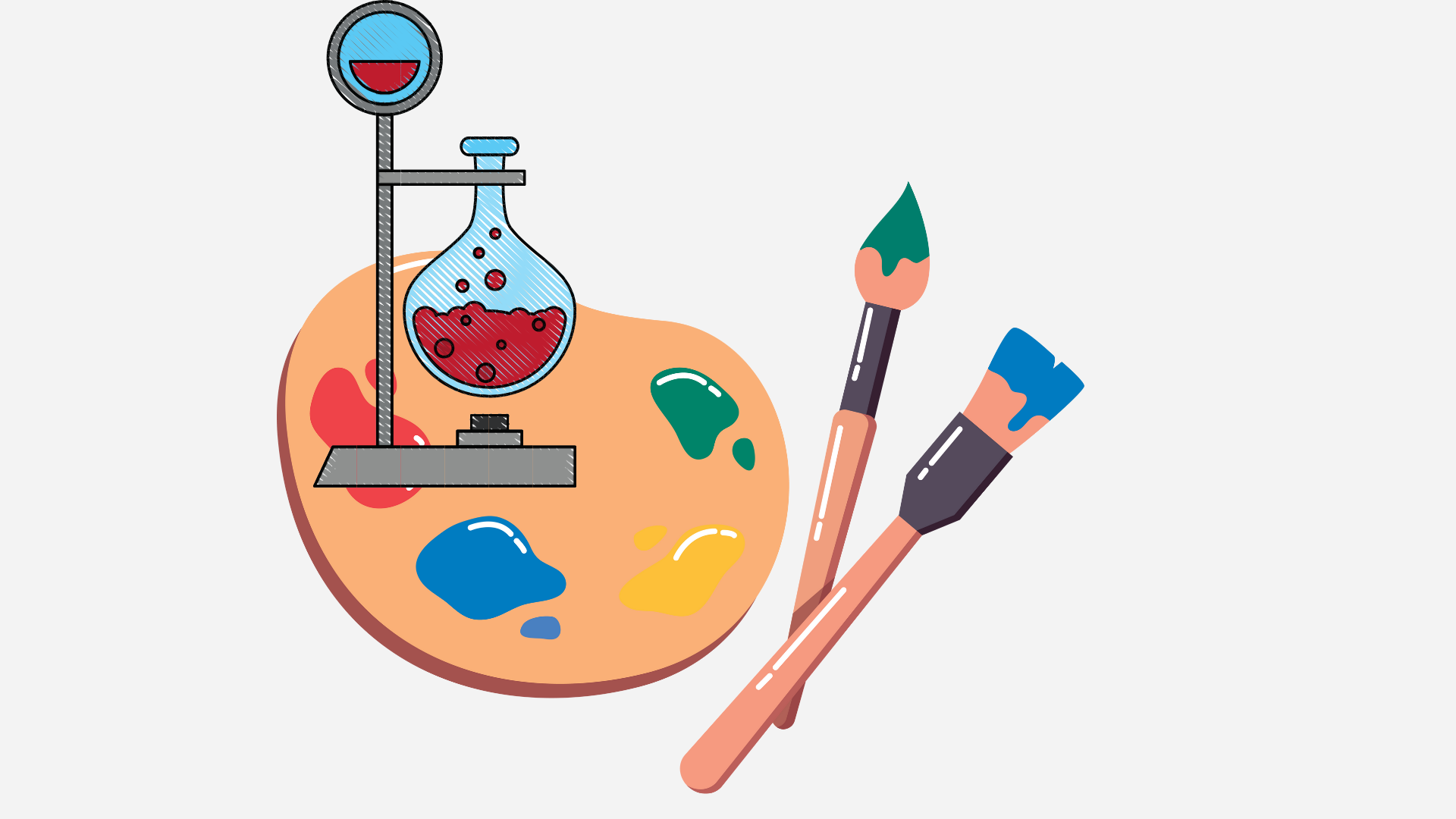
Think Like a Scientist: Developing Science Practices Through Visual Art
For Science Teachers Grades 2-8
In this arts integration workshop, learn how to view the scientific world through the eyes of an artist! Explore ways to help students read visual art to develop their use of several science practices, such as careful observation, analyzing and interpreting data, and developing an explanation based on evidence. The elements of art are used to effectively teach the skills of observing and describing so that scientific conclusions and explanations become even more detailed. You don’t want to miss this opportunity to learn an engaging process that takes you from STEM to STEAM!
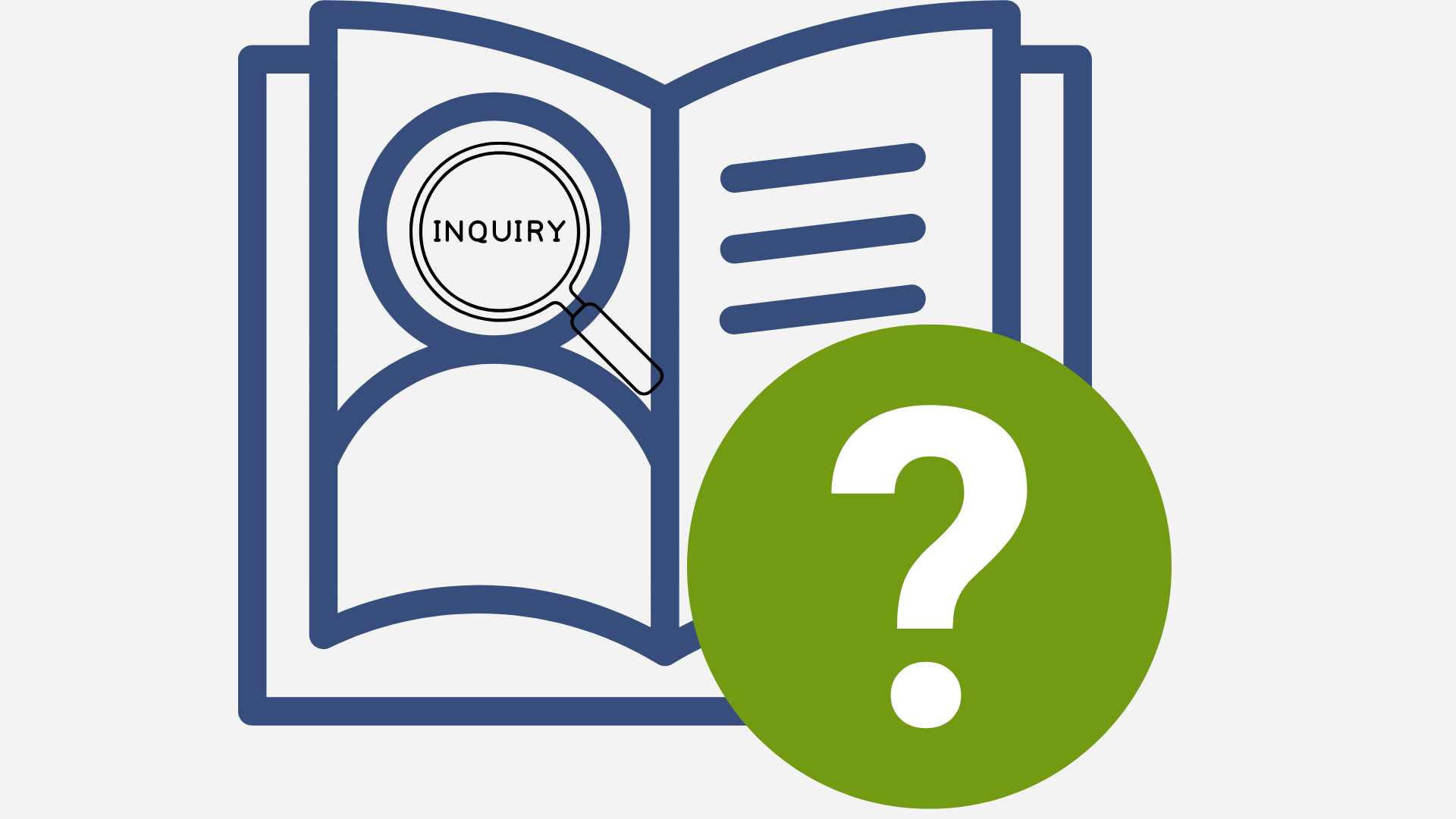
Image to Inquiry: Reading Art in the Secondary Social Studies Classroom
For Teachers Grades 6-12
It can be difficult for students to comprehend social studies curriculum because the people, places, and events feel so far removed from their own lives—they have trouble relating. Often what’s missing is the background knowledge to create a meaningful connection to the content. Works of art are visual texts that students of all reading abilities can access. These secondary sources can be read to visually connect students to the content while efficiently building background. Once students have this connection they easily and quickly develop questions and motivation to actively engage in research and ownership of what they learn.
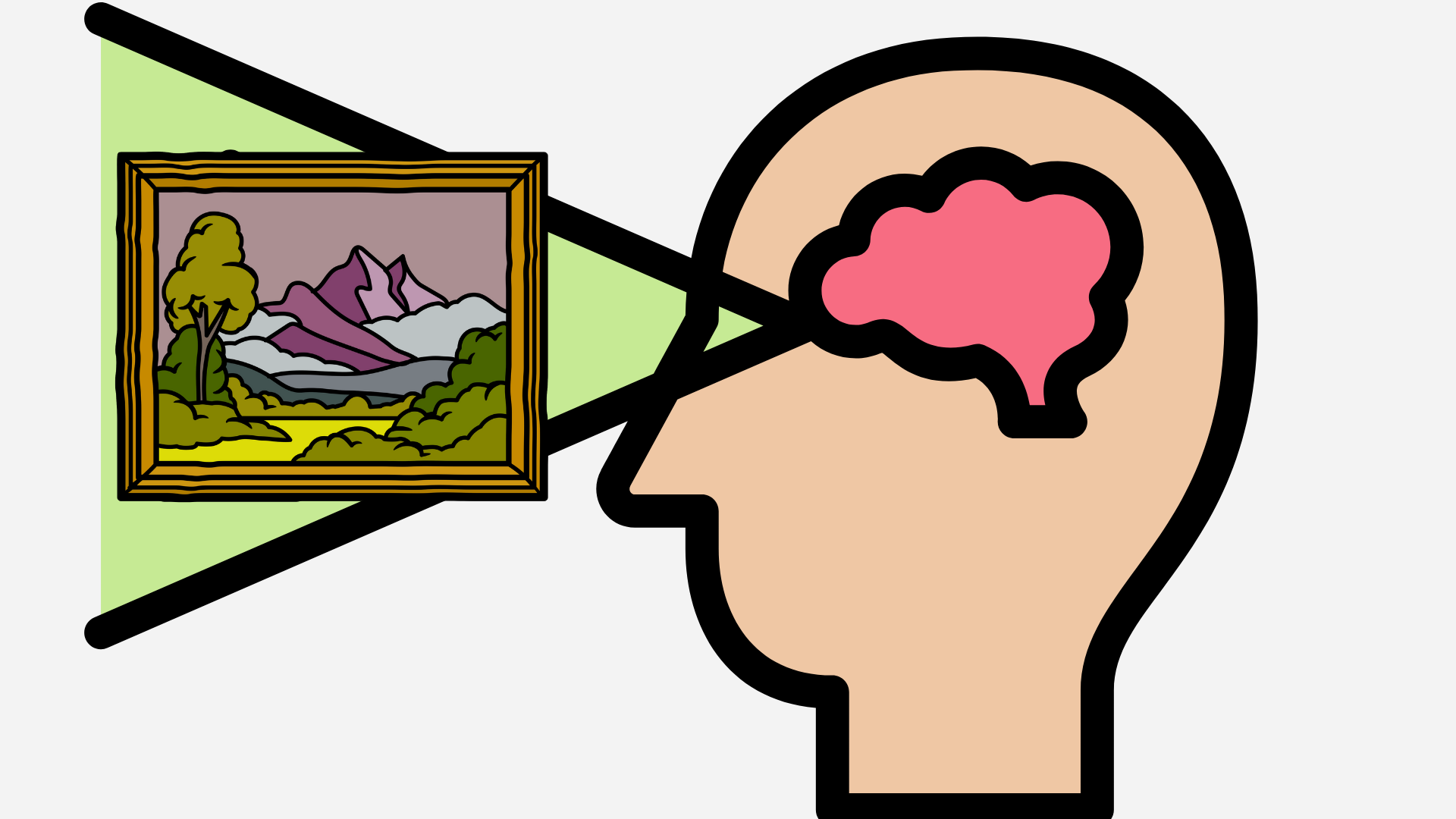
The Power of Pictures: Decoding Illustrations in the Early Childhood Classroom
For Teachers Grades PreK-2
Students in grades K-2 are often emerging readers who depend on images to provide visual cues to aide in comprehension. This workshop focuses on looking and talking about illustrations in fiction picture books before, during, and after reading to help students develop the skills of prediction, inference/drawing conclusions, sequencing events, determining main idea, and retelling stories.

Lines and Shapes: Integrating Visual Art and Geometry
For Teachers and Math Specialists Grades Pre K-2
Lines and shapes, concepts central to pre K-2nd grade mathematical understanding, are also building blocks of visual art. In this arts integration workshop, explore how students can construct and demonstrate their understanding of geometry through visual art. Teachers learn the basic vocabulary for identifying and describing various types of lines and 2-D shapes in works of art and create abstract drawings and cut-paper compositions that allow all types of learners to be creative and successful.
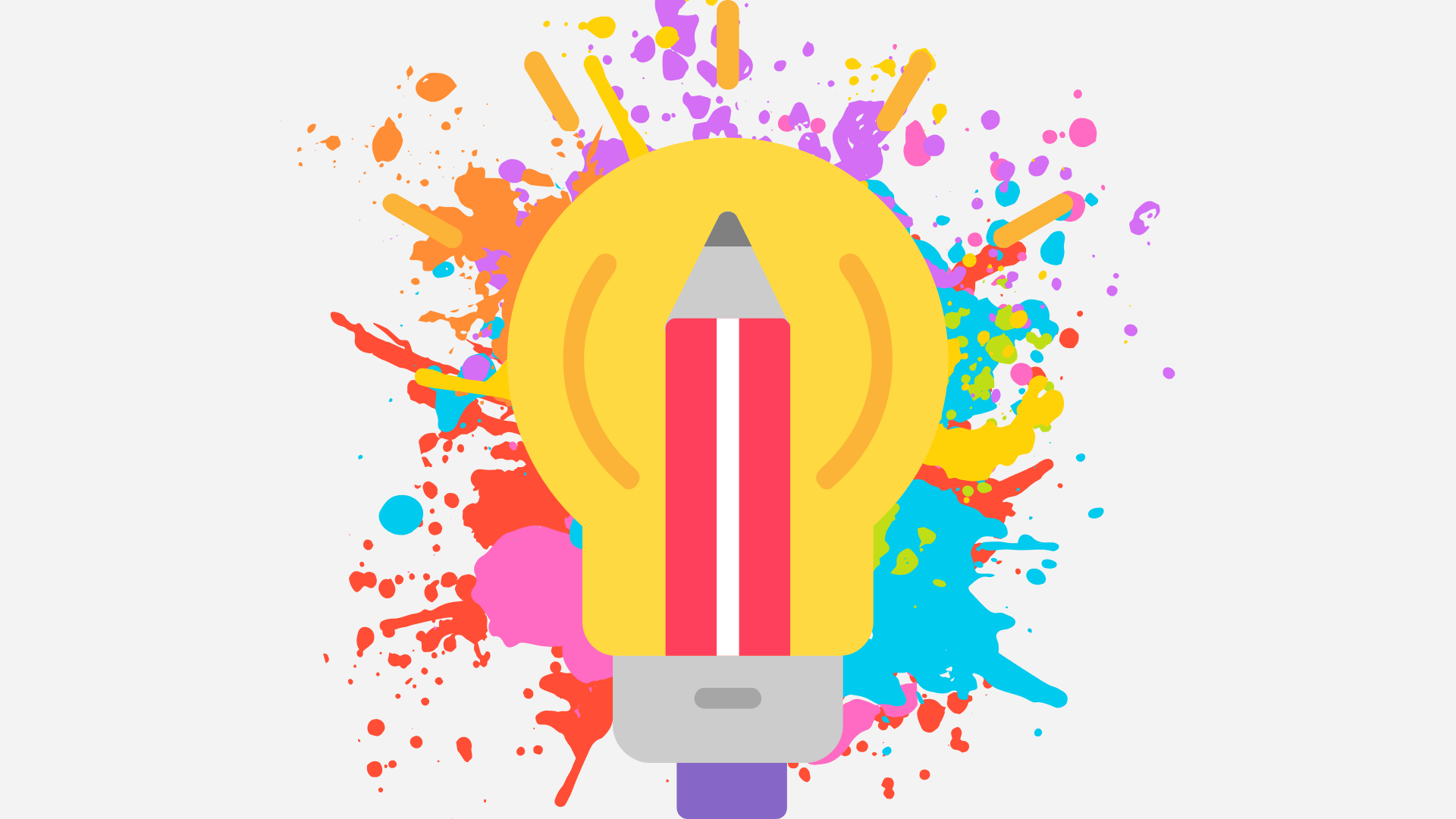
Let’s Write Like Artists! Drawing as Prewriting
For Teachers Grades Pre K-2
Pre-emerging and emerging writers often draw pictures to communicate. In this workshop, learn how the most basic element of art–lines—can help your students draw more descriptively. First, learn the vocabulary for helping students identify and describe various types of line in works of art. Those skills are then applied to create more realistic figures in their own prewriting drawings. This workshop allows all types of learners to be creative and begin to write like artists!

Looking the Write Way: Visual Art and Poetry Throughout the Curriculum
For Teachers Grades 2-8
Teachers today face the challenge of engaging diverse learners while navigating the pressures of standardized testing. This arts integration workshop helps meet that challenge through the creative power of visual art and poetry. Participants learn a process for analyzing art that builds observation, inference, inquiry, and writing skills. Students discover how slowing down and closely examining artwork can inspire rich, meaningful poetry. Through carefully chosen language and poetic tools, students express thoughts and feelings with vivid imagery. This flexible strategy integrates seamlessly across the curriculum, supporting content learning, sparking inquiry, and assessing understanding in social studies, science, and literature.
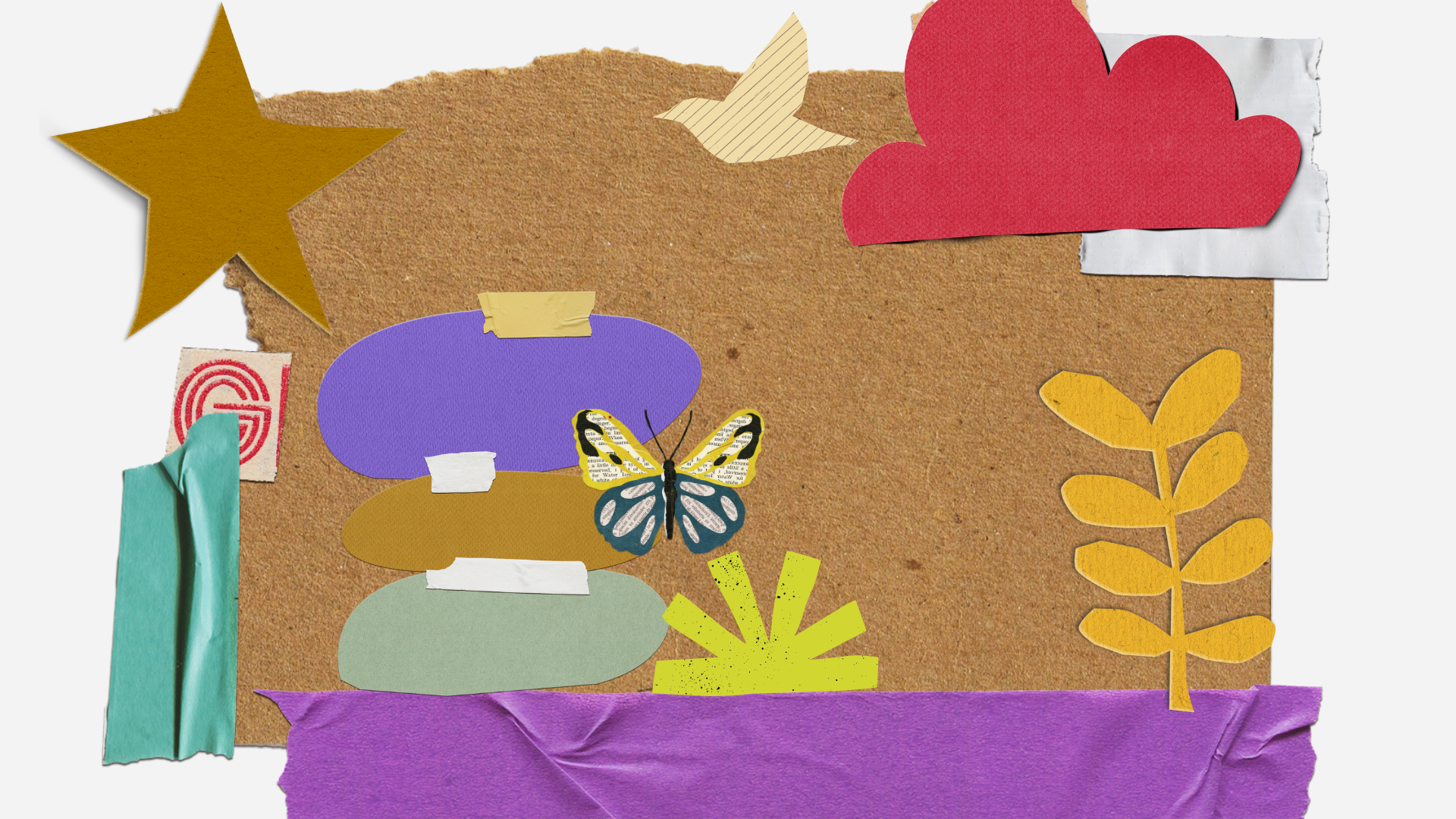
Cut Paper: A Pathway to Creative Writing
For Teachers Grades 2-12
The process of writing stories can be challenging for young authors. In this workshop, explore how students can use scissors, glue, and construction paper to create artwork that becomes the bridge between an unformed idea and a unique, descriptive story. Learn to use selected elements of art, such as shape, color, and space, to connect to story components (e.g., character, setting, events, main idea, and details). Participants will leave with workable, accessible tools for students to create ideas, think divergently and write creatively.
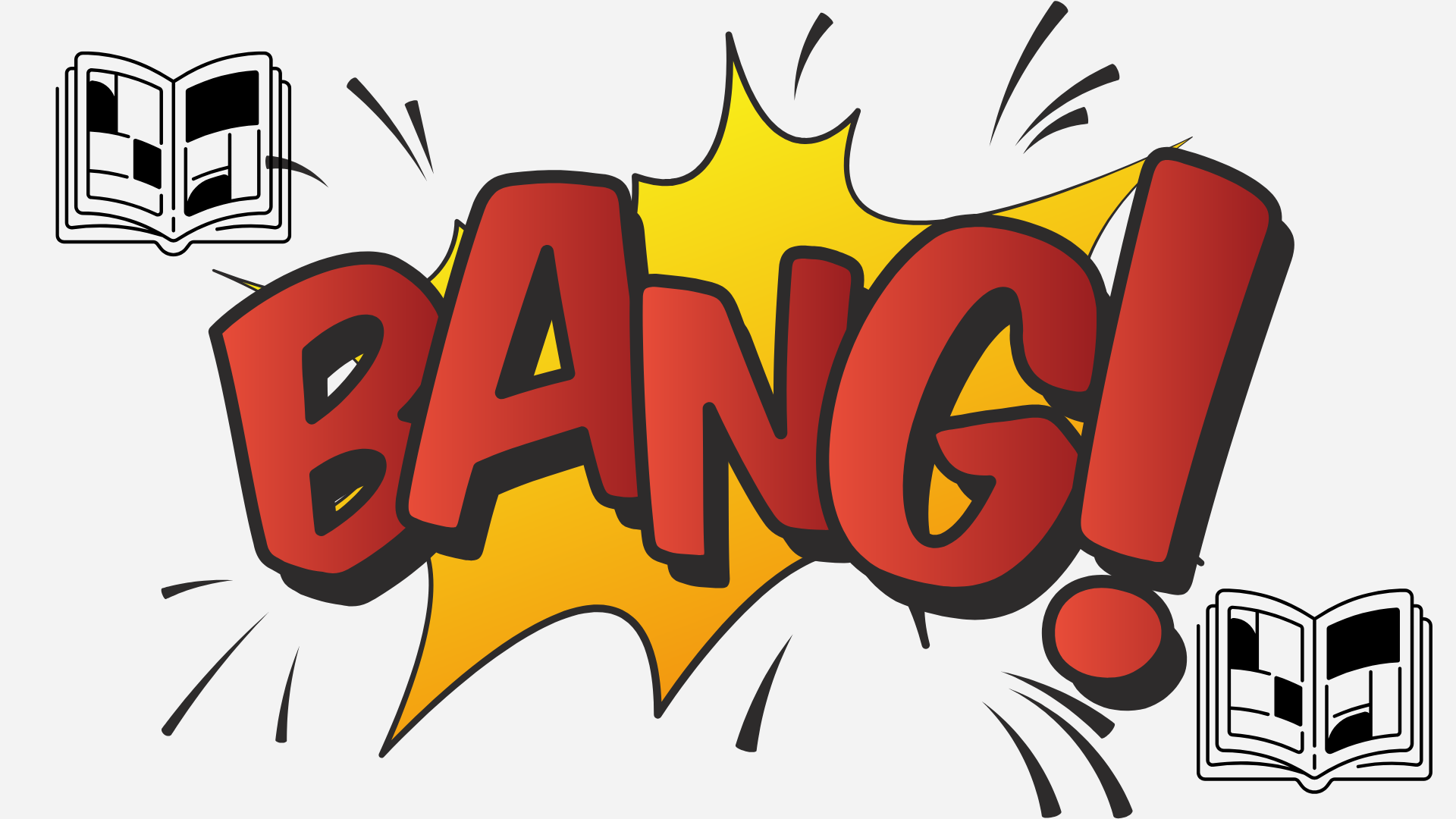
BOOM! BANG! POW! Creating Cause & Effect Connections Through Comics
For Teachers Grades 3-12
The literary medium of comic books engages students with a dynamic and expressive way to demonstrate understanding! In this workshop, participants dive into the vibrant world of comic creation, learning to help their students craft colorful comics that illuminate cause and effect relationships both in their curriculum and in their daily lives. These comic book creations transcend traditional art projects—they serve as dynamic, quick assessments of student comprehension. Join Garrett Brown as he brings the Boom! Bang! Pow! to classroom content, making learning an exciting and impactful adventure!
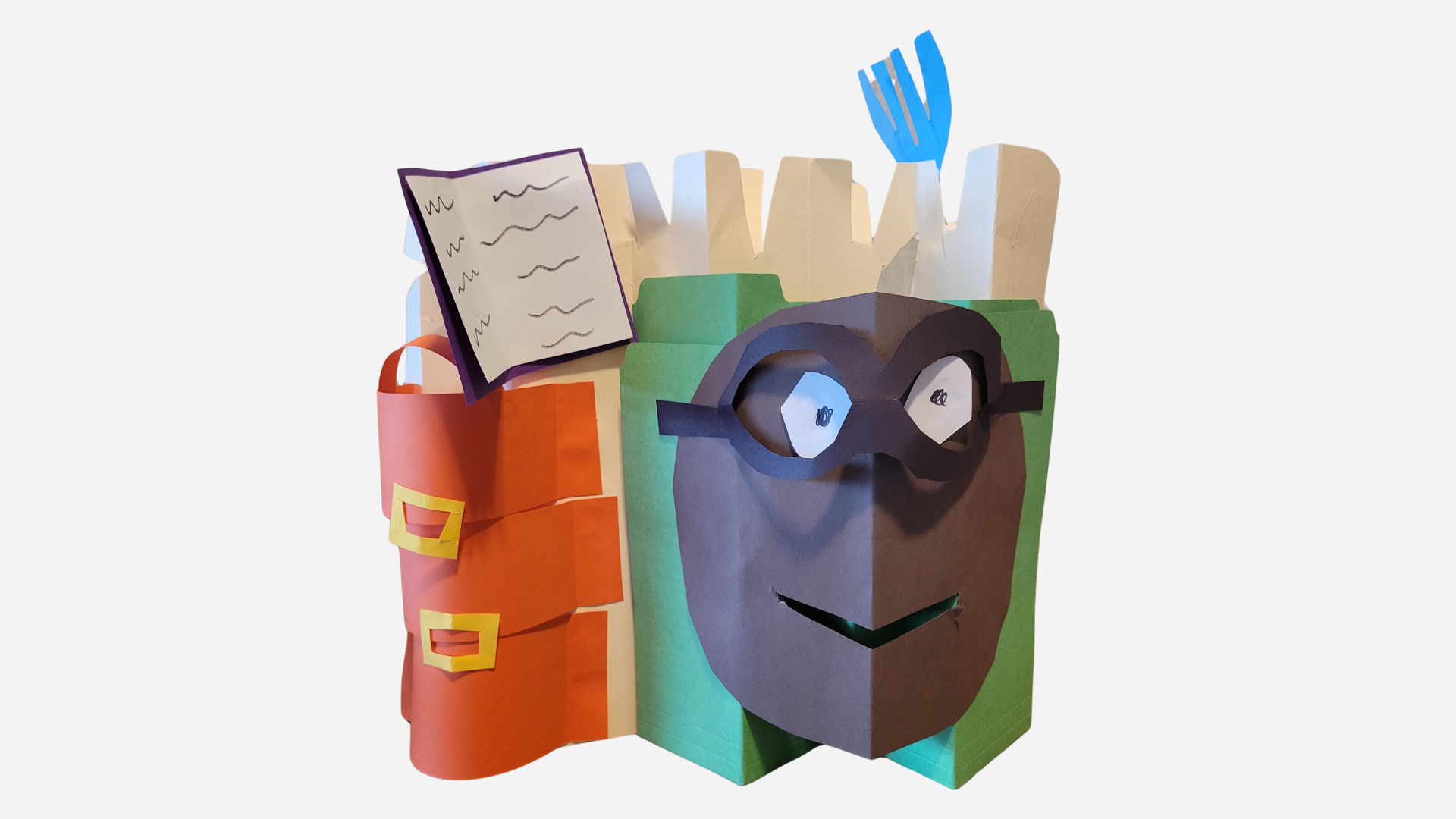
The Art of Paper Sculpture: Bringing Literature to Life
For Teachers Grades 4-12
Student engagement in the classroom can be a challenge. Bring story elements to life by making them tangible for students in a 3-dimensional work of art. This is a fast-paced, hands-on workshop, where everyday file folders become “story sculptures.” Participants will learn how to manipulate paper by folding, bending, and rolling it into sculptural models representing the setting, plot, supporting details, and characters from literary works.
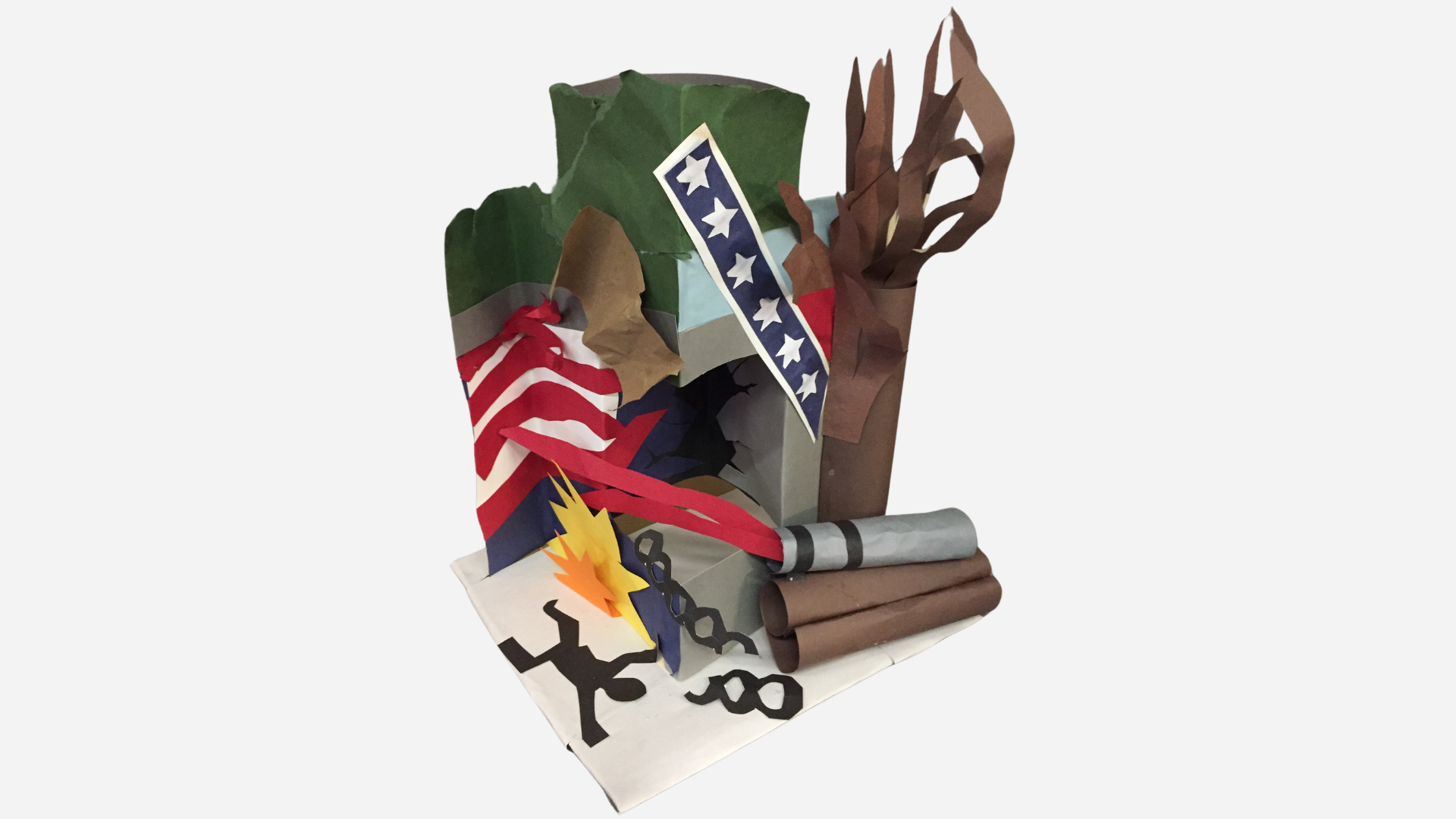
The Art of History: Creating Memorials for Historical People and Events
For Teachers Grades K-12
Bring out the inner sculptor in your students! During this hands-on session, you will learn how to teach students to bend, fold, and roll paper into sculptural models that memorialize selected individuals, ideas, or events from history. This workshop is a deep art experience guaranteed to reveal the builders in your classroom and give 3-dimensional thinkers a voice.
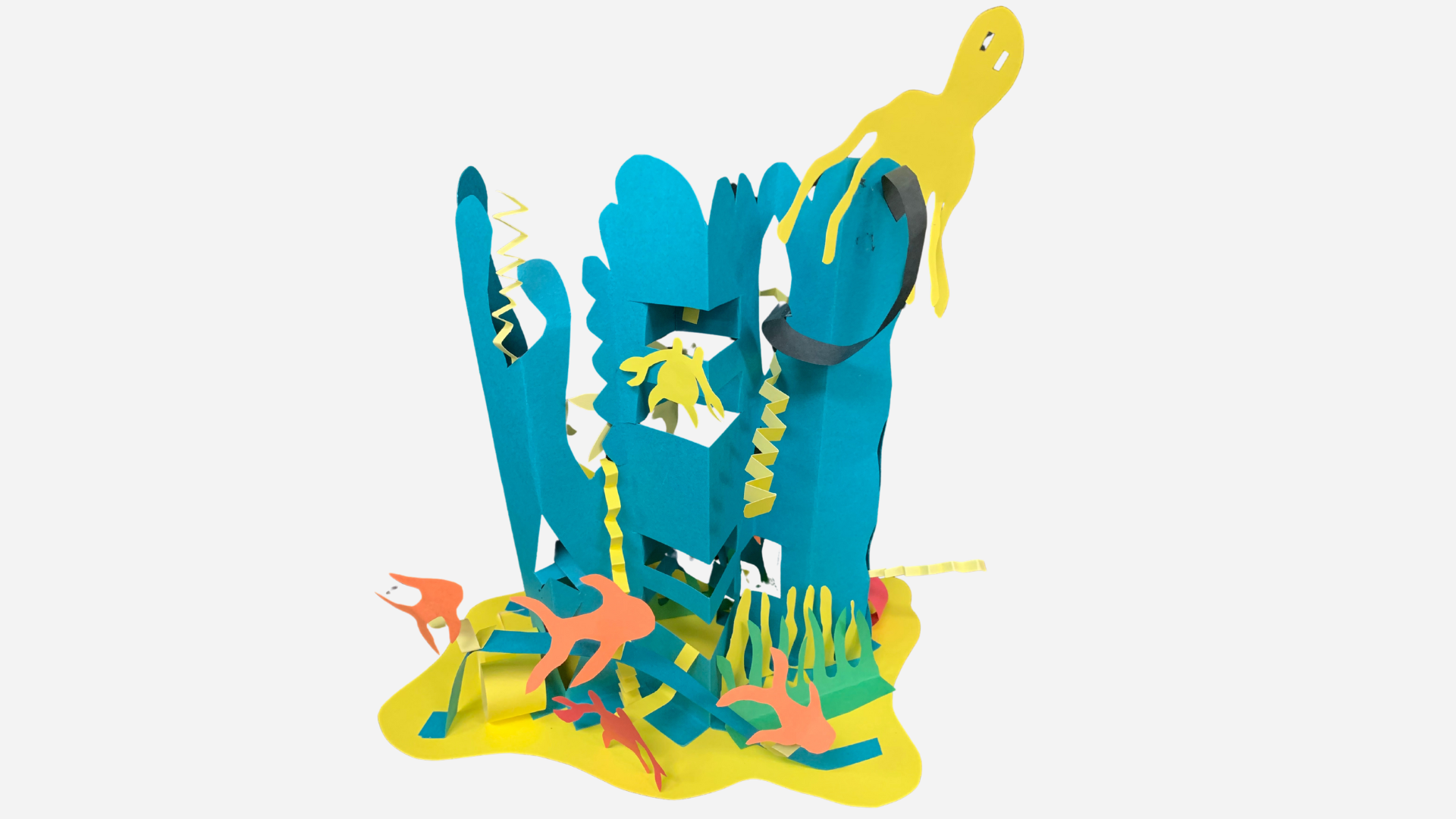
The Art of Paper Sculpture: Let’s Build!
For Teachers Grades K-12
Good design like good construction is an essential element in any engineering or art experience. In this workshop, we will be manipulating paper by folding, bending, and cutting to create 3-dimensional works of art that represent objectives from across the curriculum. Whether you utilize a STEAM curriculum in your classroom or want students to discover the connection between the arts and other subject areas, Let’s Build will actively engage you in a deep art experience designed to give you all the knowledge and skills you need to present an art lesson with confidence. Give your builders and non-traditional learners a voice with paper sculpture. Let’s build!
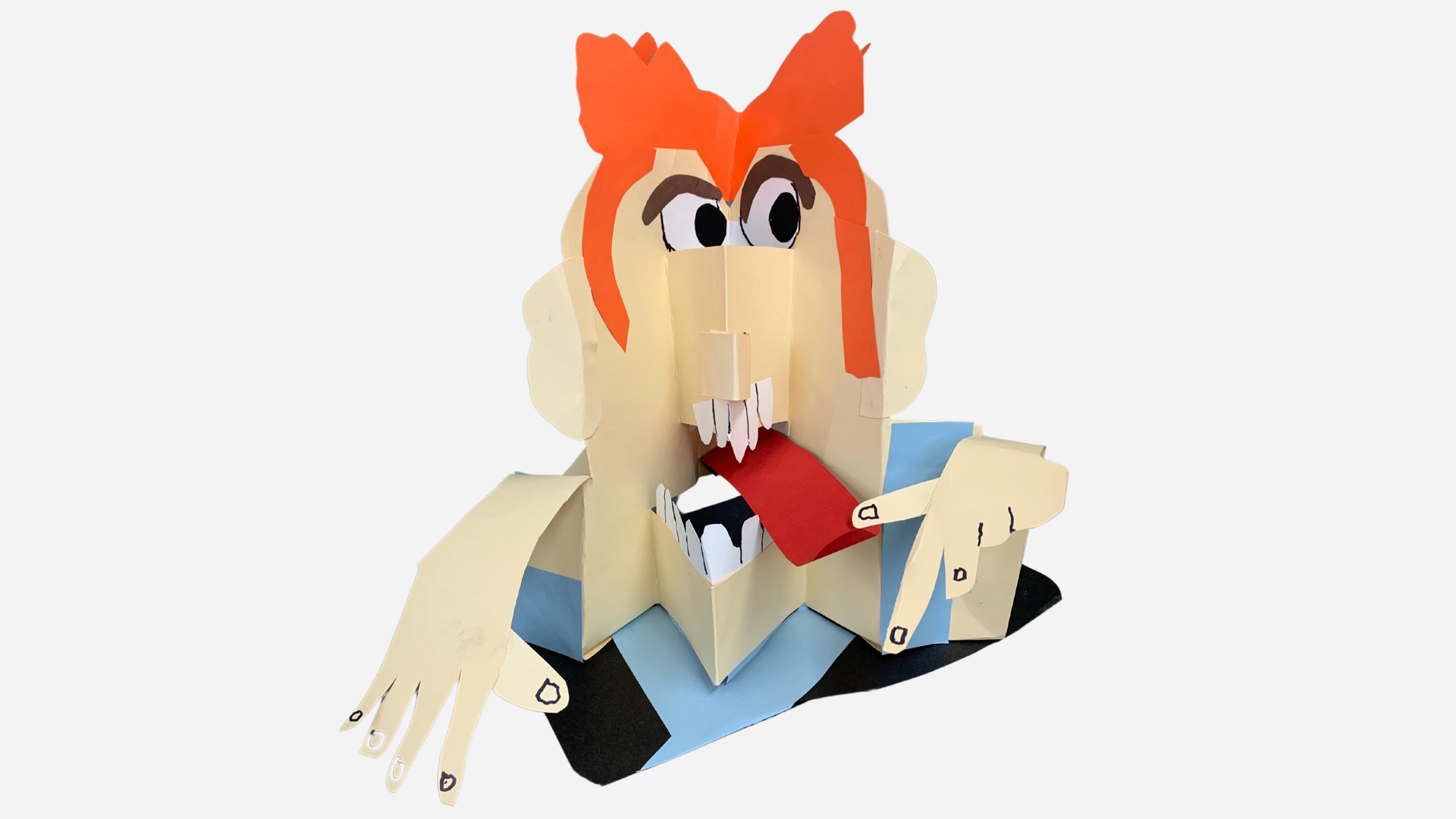
The Art of Paper Sculpture: Portrait Busts
For Teachers Grades K-12
Looking for a show-stopping art activity that engages students and has a direct connection to your curriculum? This is the workshop for you. Learn how to teach your students to show their knowledge of other subject areas by bringing literary, historic, or imaginary figures to life as 3-dimensional portrait busts. We will use simple paper forming techniques, multiple papers, and unusual materials to create these sculptures guaranteed to engage and wow. Teachers can pair portrait busts with writing as inspiration for monologue, dialogue, character development, and other student generated text or oral language development for younger grades.
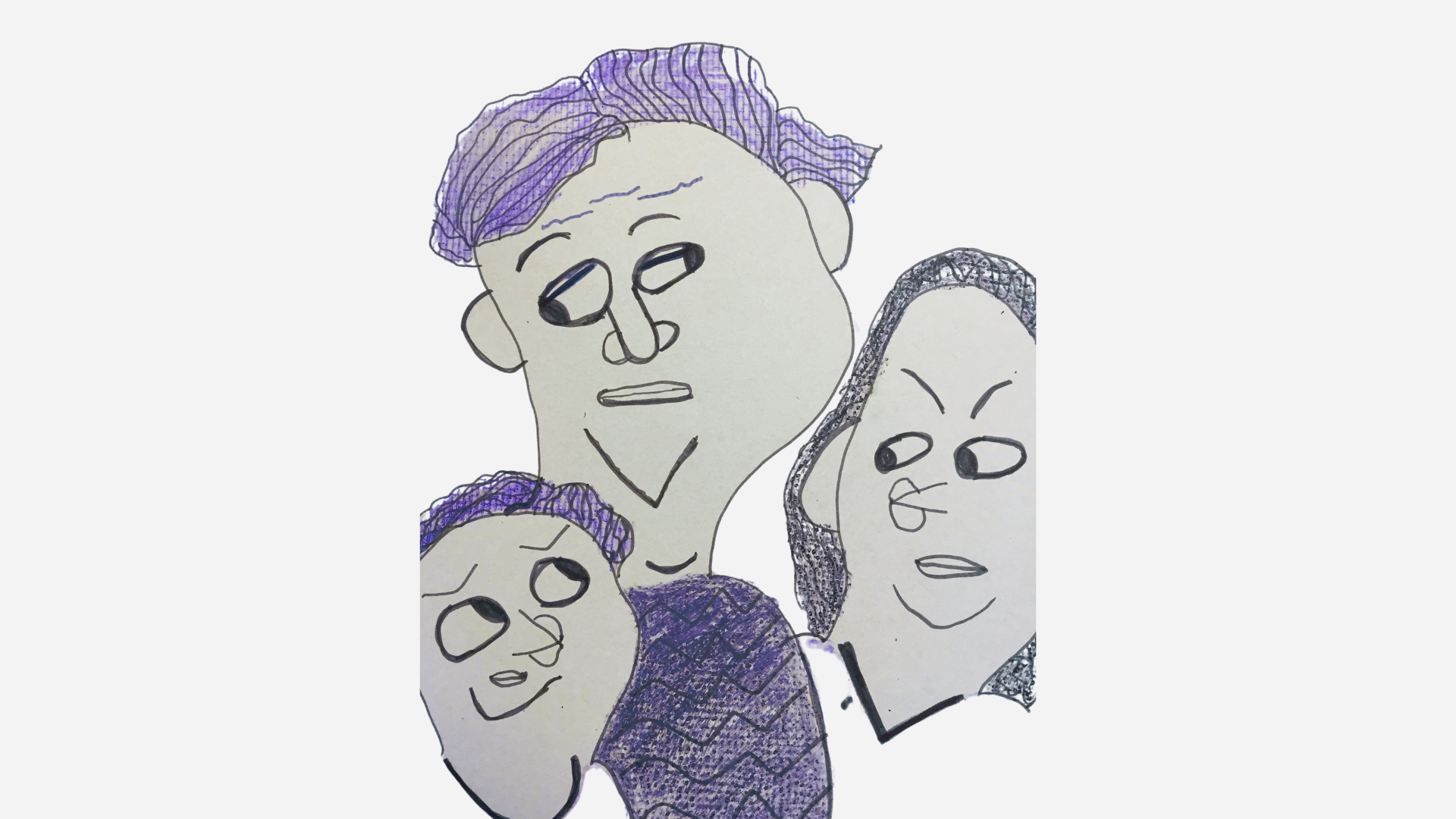
Drawing to Write: Portraits for the Non-Artist
For Teachers Grades 3-12
Drawing a portrait can be an intimidating experience for the non-artist. In this engaging, hands-on workshop, participants will learn an easily accessible method of drawing portraits. These portraits will become the inspiration for original characters and stories. As participants move from the visual to the verbal they will discover a process that will improve students’ narrative drawing and writing skills. When teachers leave this workshop they will be able to say, “Drawing, I can do this!”
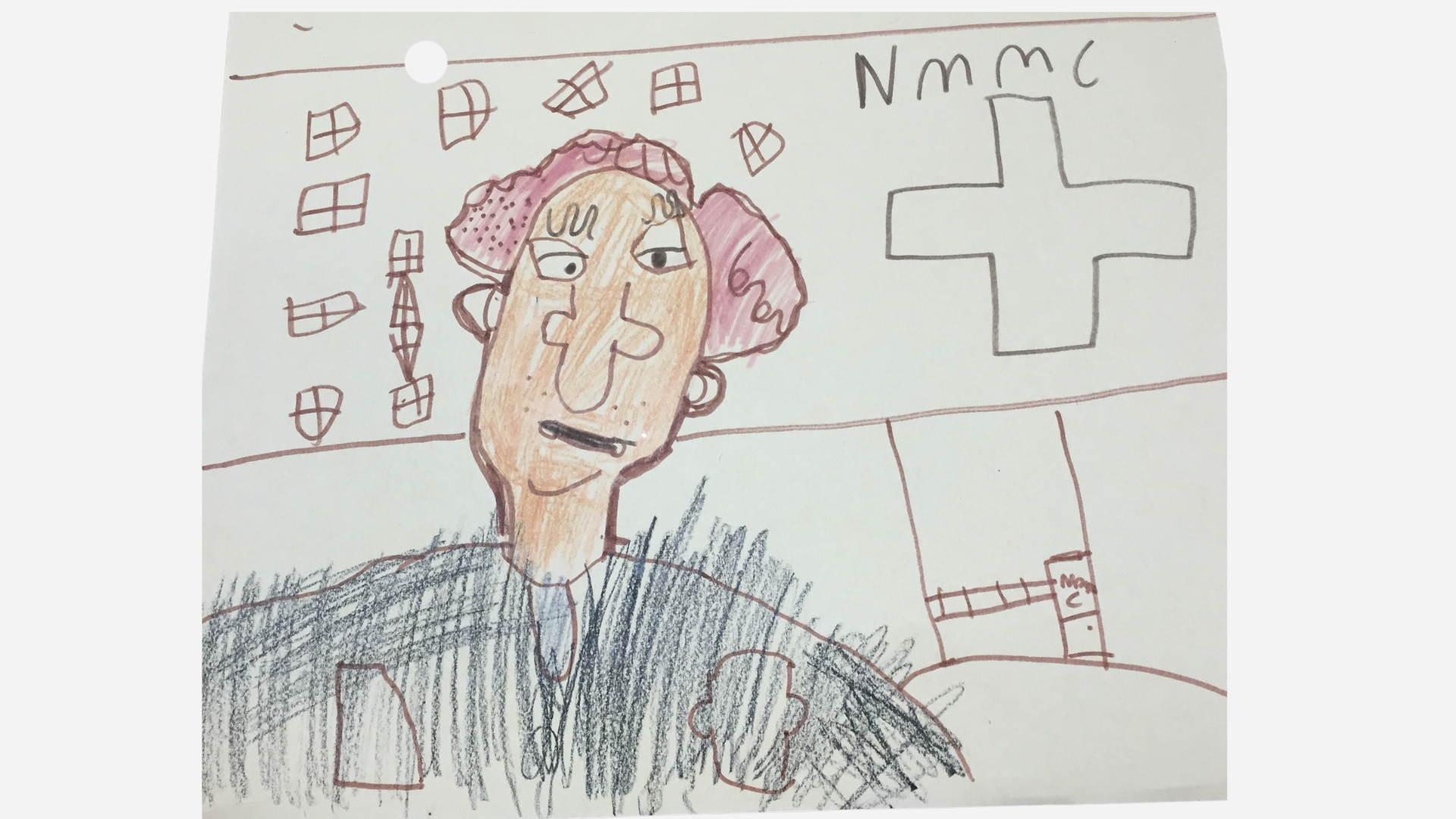
Drawing to Tell: Creating Portraits For Oral Language Development
For Teachers Grades K-2
In this workshop, participants will learn an easy portrait drawing technique that will improve students’ narrative drawing and oral language skills. The portraits will become the inspiration for original characters and stories . We will move from the visual to the verbal. The ideas will flow as we tell the stories behind the portraits.

Shapes That Fold! Hands-on Geometry with Origami
For Teachers Grades 2-4
Explore the art of origami as a hands-on approach to teaching geometry. Award-winning origami artist and Japanese storyteller Kuniko Yamamoto will lead engaging activities that bring geometric concepts—shapes, lines, angles, and symmetry—to life. Each fold transforms abstract math into a tangible, creative experience, making geometry both accessible and enjoyable for young learners.

Folding Fractions: Origami and Math
For Teachers Grades 2-6
Discover how origami transforms geometry and fractions into hands-on learning. Award-winning origami artist and storyteller Kuniko Yamamoto will guide you through folding techniques that help students visualize shapes, angles, and geometric relationships. Used by mathematicians and engineers for problem-solving, origami makes math vocabulary intuitive and fractions tangible. Kuniko also weaves Japanese culture and math games into every workshop, creating an engaging and meaningful experience.

Animation Challenges: Inspiring Collaboration and Problem-Solving
For Teachers Grades 2-8
How do you solve the problem of students who can’t solve their own problems? Give them problems they want to solve! In this fun animation workshop, learn how students can use simple tools like Google Slides to create GIFs or digital flip books. The catch? Animators must all finish each challenge without step-by-step instructions. They will want to try. They will want to learn from each other and from what does and does not work. Most of all, they will gain the confidence, skills, and sense of community they need to tackle future problems….together.

Graphic Design Challenges: Inspiring Collaboration and Problem-Solving
For Teachers Grades 3-8
Our students will face problems…to infinity and beyond! In this unique graphic design workshop, learn how students can use a simple tool like PowerPoint to create memes of themselves as problem-solving superheroes. The twist? For the superheroes to emerge, the students must first learn how to function as a team as they uncover which tools to use and how to use them. They will face challenges. They will problem-solve. They will learn to rely on each other, becoming a community of problem-solvers who just might end up…saving the world.

Nurture Their Voice: Photography as a Tool for Writing
For Teachers Grades K-8
Every young writer has a compelling story to tell. Using tools that are already in your classroom, help them find their voice and organize their thoughts through a visual and kinesthetic process. Learn how students can create storyboards and conduct photo shoots that organically generate peer conferences with constructive feedback. When it comes time for that first draft, your aspiring authors will have sharpened a story that they can’t wait to write, revise, and share with the world. Bring your devices and experience how this collaborative practice engages and supports all learners.

Traveling to the Past: Trick Photography for Historians
For Teachers Grades 3-8
Learn how to take your class on a virtual field trip to the past through “trick photography,” a process where students use free web or tablet-based technology to sneak posed photographs of themselves into historical images. This easy-to-learn strategy engages the “selfie” generation in the research of primary sources, building their empathy for the historical figures and everyday people who lived before them. Bring your devices and join me at this workshop for a field trip of our own!

Virtual Exploration: Trick Photography for Scientists
For Teachers Grades 3-8
Learn how to take your class on a science fieldtrip through “trick photography,” a process where students use free web or tablet-based technology to sneak posed photographs of themselves into scientific images. This easy-to-learn strategy engages the “selfie” generation in the study of scientific images and graphs as they learn to observe, hypothesize, research, and create! Bring your tablet or a laptop and camera to this exciting hands-on workshop!

Integrating Photography Across the Curriculum
For Teachers Grades 3-8
Literature, social studies, and science are full of stories. Learn how to engage the selfie generation as they explore photography as a tool for telling those stories. Students will deepen their understanding of core ideas as they work collaboratively to create storyboards, direct photo shoots, and narrate photographic stories with free, easy-to-use applications. Bring your devices and curriculum documents to this hands-on workshop!
Puppetry Workshops
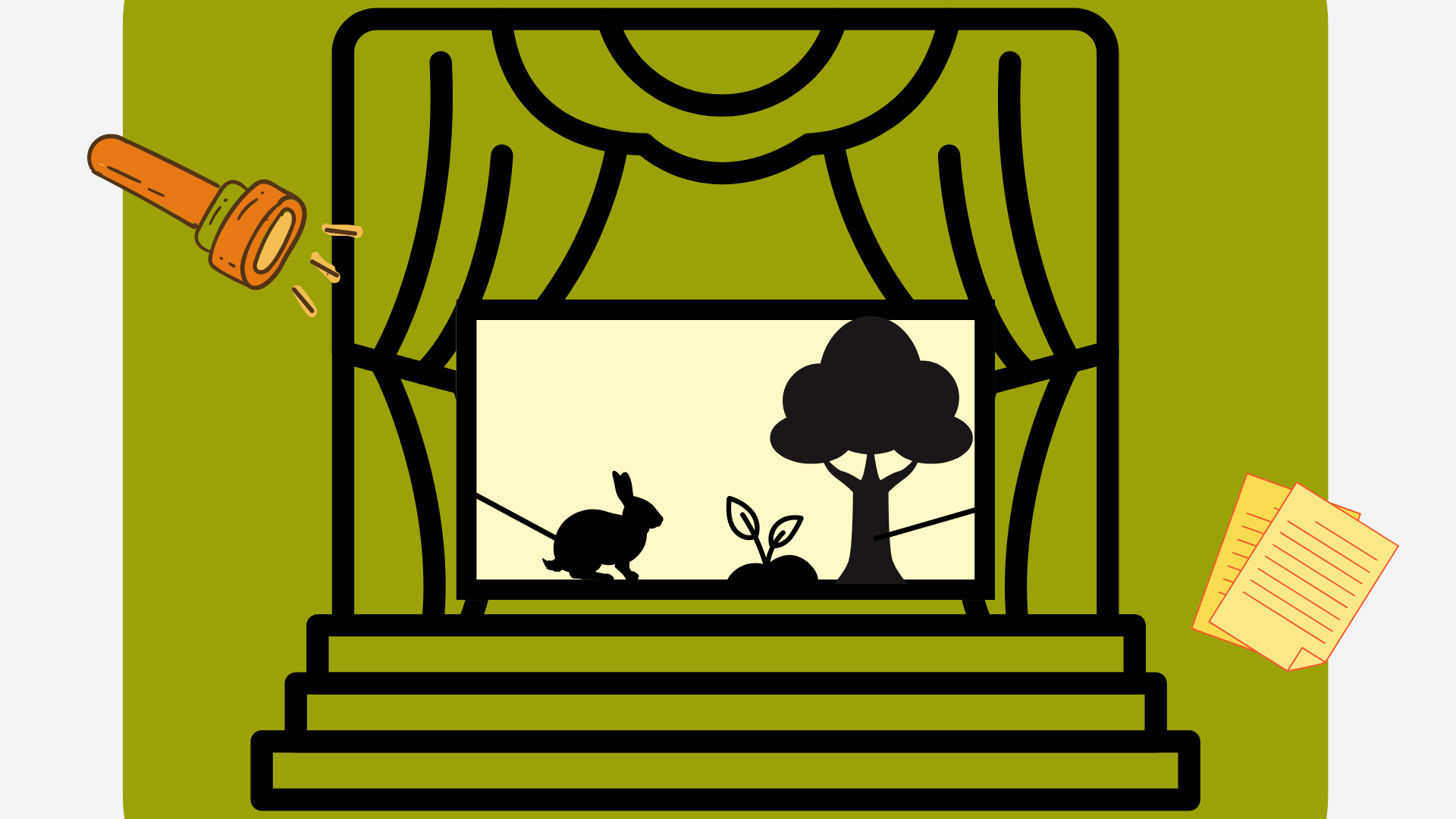
Shadow Puppetry Primer: Foundations of Shadow Theater
For Teachers Grades Pre K-12
In this foundational workshop, participants learn shadow puppetry performance techniques, make-and-take their own shadow puppets for best-loved scripted stories, create their own shadow puppetry stages, and brainstorm curricular connections. By the end of this arts integration workshop, participants obtain both the skills and confidence necessary to successfully introduce this unique teaching strategy to their classroom communities.
Maximum number of participants is 32.

Shadow Stories: Exploring Story Elements Through Shadow Puppetry
For Teachers Grades 2-6
Spin a story, tell a tale…Humans learn about the world through stories, and shadow puppetry (with its engaging interplay of light, shadow, and movement) is the perfect vehicle to experience these tales! In this workshop, participants first learn about shadow puppetry as an art form, including performance and puppet-making techniques. They then explore story elements by creating original tales using a hands-on, participatory “Story Challenge Game.” Finally, they combine art form and content area by learning to facilitate the creation of hands-on shadow puppetry presentations that bring these original stories “to life” behind the shadow screen.
Maximum number of participants is 32.

Shadow Play: Exploring Shadow Puppetry in the Early Years
For Teachers Grades Pre-K - 2
Children learn through play! Shadow puppetry, with its absorbing dark shapes set upon an illuminated screen, is a perfect canvas through which children can explore endless curricular connections. In this workshop, participants first learn about shadow puppetry as an art form, including performance and puppet-making techniques. After discussing the reasons why shadow puppetry is such an effective teaching strategy within early learning environments, they experience hands-on examples of how it can be used to examine stories, songs, poetry, math and science concepts, and socialization themes. Finally, they learn how to facilitate hands-on shadow puppetry experiences within their own learning communities.
Maximum number of participants is 32.

Shadow Science: Exploring the Sciences Through Shadow Puppetry
For Grades K-5
From the water cycle to the great unknown, and everything in between…Science concepts are wondrous and captivating, and shadow puppetry (itself the result of the marvelous interplay of light and dark) is a perfect lens to explore these mysteries. In this workshop, participants first learn about shadow puppetry as an art form, including performance and puppet-making techniques. They then examine the connections between shadow puppetry and scientific concepts, and address STEAM and the Engineering Design Process as well. Finally, they combine art form and science curricula by learning to facilitate hands-on shadow puppetry experiences that explore specific scientific content areas.
Maximum number of participants is 32.

Shadow Journeys: Exploring History Through Shadow Puppetry
For Teachers Grades 4-12
Buckle up for a voyage through history! When students learn about the past, they can better prepare for the future, and shadow puppetry’s illuminated silhouettes invite us all to interpret and explore what came before. In this workshop, after participants are introduced to shadow puppetry as an art form, including performance and puppet-making techniques, they learn about narrative frameworks used to explore historical time periods and historical events. Finally, they combine art form and content area by learning to facilitate the creation of hands-on shadow puppetry presentations that bring history “to life” behind the shadow screen.
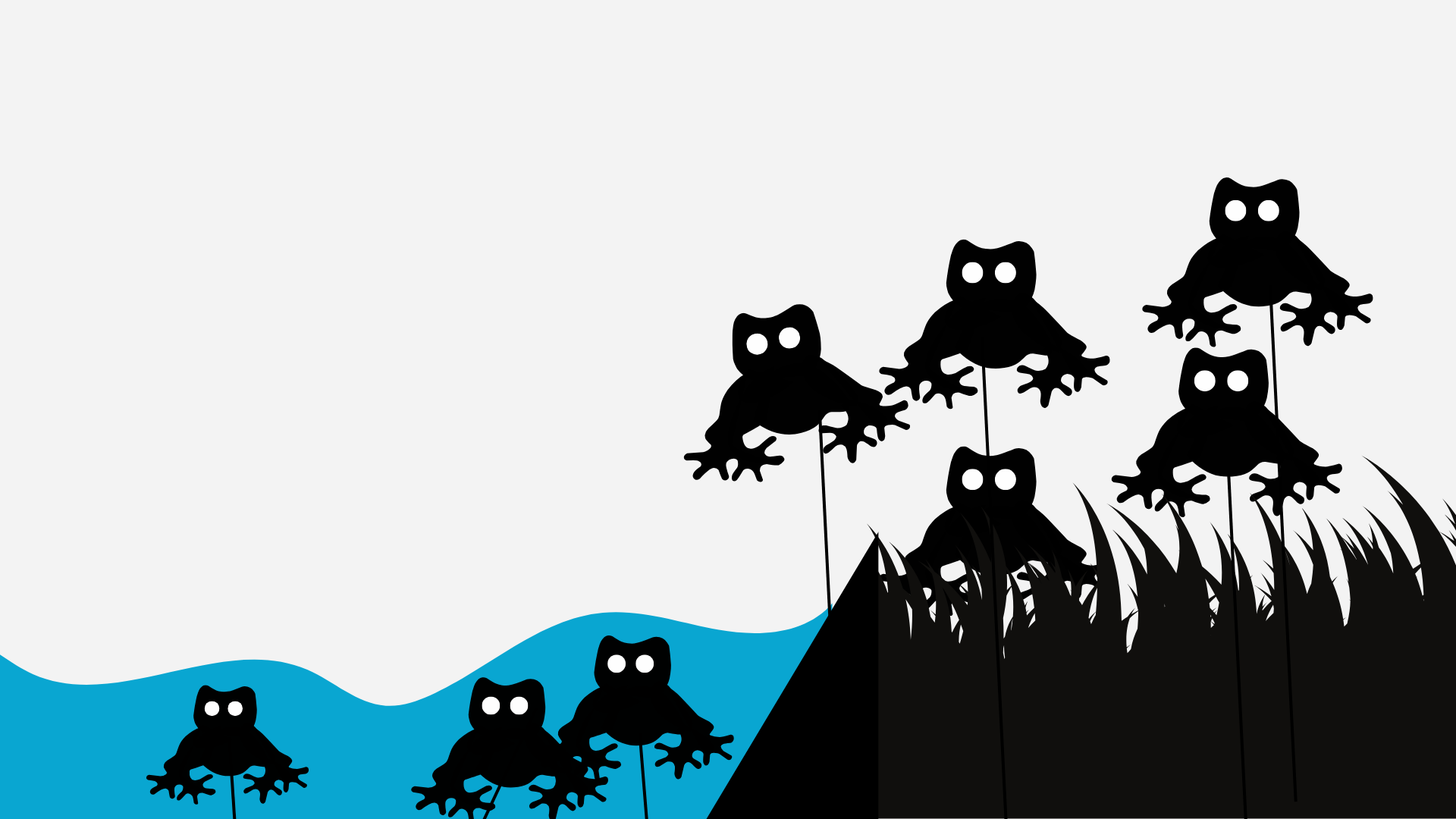
Shadow Math: Exploring Mathematics Through Shadow Puppetry
For Teachers Grades K-5
Numbers and angles and…word problems, oh my! Math concepts are everywhere in our daily lives, and shadow puppetry (itself at the intersection of line, shape, and positive and negative space) is a wonderful medium to explore mathematical domains. In this workshop, participants first learn about shadow puppetry as an art form, including performance and puppet-making techniques. They then examine the natural connections between shadow puppetry and math concepts. Finally, they combine art form and mathematics curricula by learning to facilitate hands-on shadow puppetry experiences that explore specific mathematical content areas.
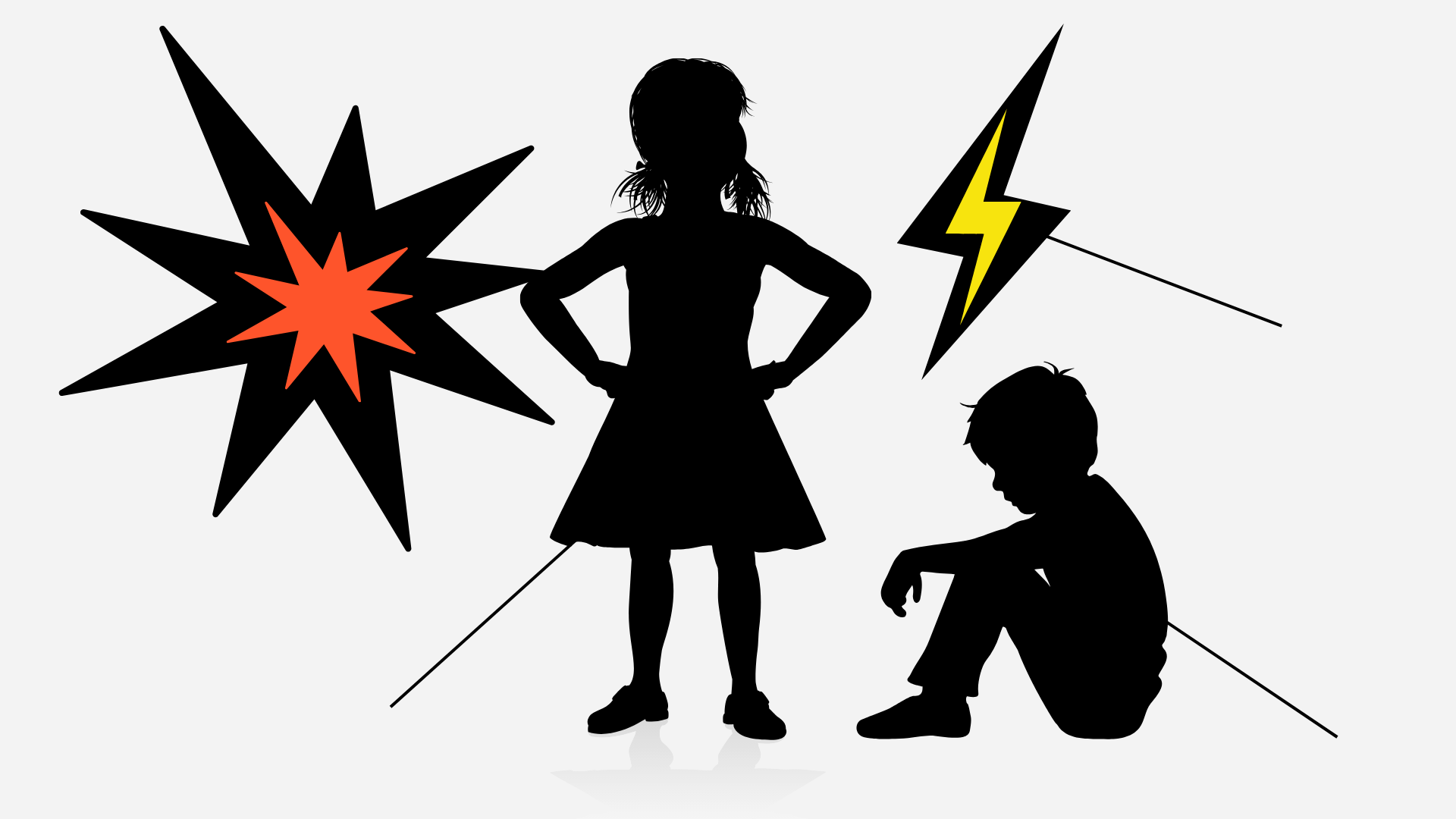
Shadow Puppetry and Conflict Resolution
For Teachers Grades Pre-K -5
Oh, what a feeling! Shadow puppetry is a participatory art form that allows students to feel safe when learning how to identify emotions and healthy conflict resolution tools. In this workshop, participants first learn about shadow puppetry as an art form. They then examine shadow puppetry performance techniques that help students understand and empathize with the emotional life of both characters in literature and the students themselves. Finally, they learn a step-by-step process to facilitate creative, hands-on conflict resolution scenarios with their learning communities.
Maximum number of participants is 32.
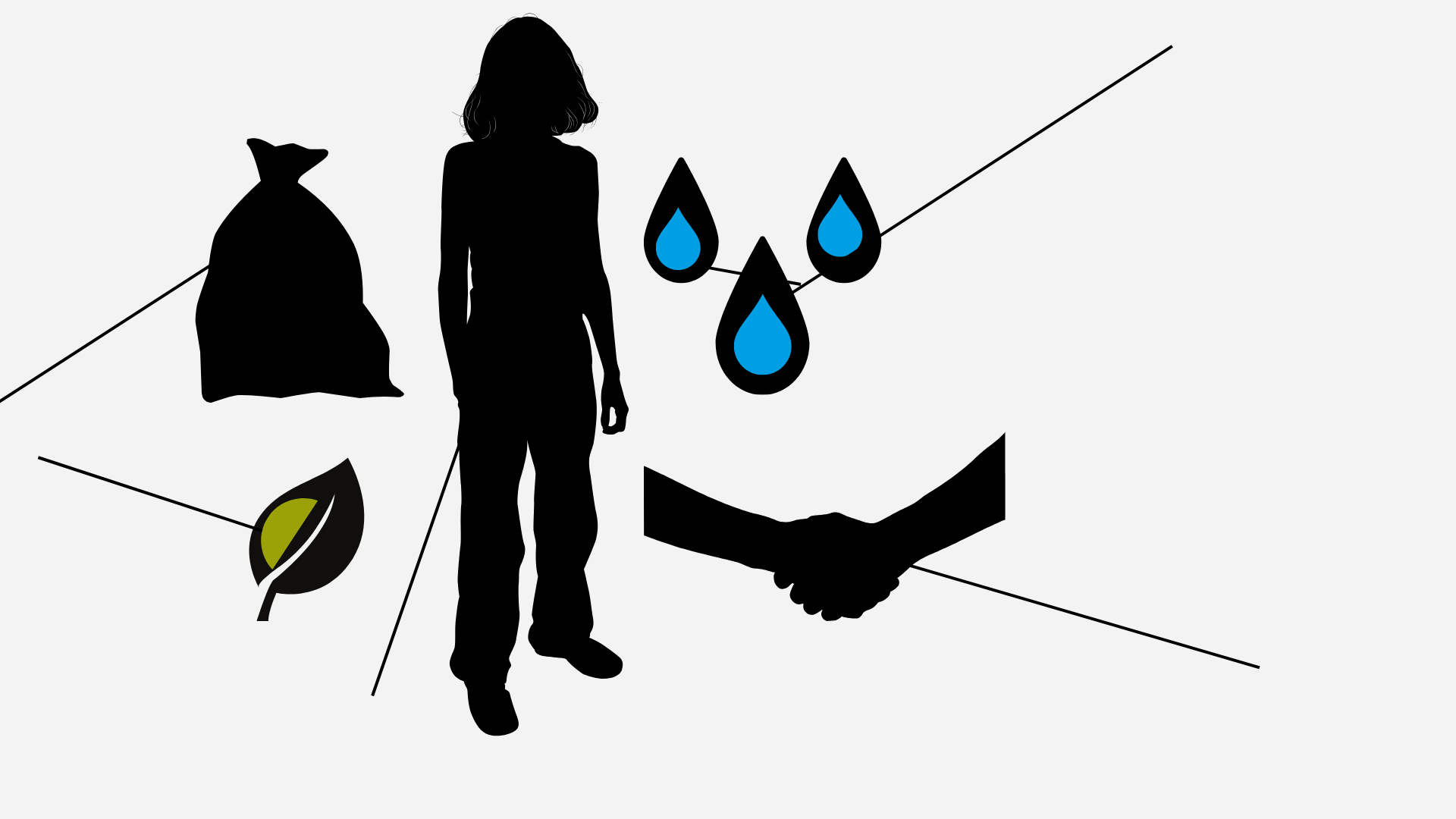
Shadow Puppetry and the Power of a Change-Maker
For Teachers Grades 2-8
Oh, what a feeling! Shadow puppetry is a participatory art form that allows students to feel safe when learning how to identify emotions and healthy conflict resolution tools. In this workshop, participants first learn about shadow puppetry as an art form. They then examine shadow puppetry performance techniques that help students understand and empathize with the emotional life of both characters in literature and the students themselves. Finally, they learn a step-by-step process to facilitate creative, hands-on conflict resolution scenarios with their learning communities.
Maximum number of participants is 32.
Dance Workshops

Weather On The Move
For Teachers Grades 3-6
Combining his training as a pilot and a choreographer, Harlan Brownlee leads you through an interactive exploration of weather that you can take back to your classroom. Learn strategies that relate motions of the body and elements of dance to the structure of the earth’s atmosphere, cloud formations, and the dynamic exchanges of heat and pressure that create wind and weather conditions.
Maximum number of participants is 30.

Dances for an Expanding Universe
For Teachers Grades 5-8
Spinning planets, streaking comets, and shooting stars comprise this astronomical adventure that will propel students into orbit! This participatory workshop integrates dance with the characteristics and movement patterns of the planets and sun in our solar system. Learn ways to help students apply and demonstrate their understanding of the gravitational force that keep planets and moons in orbit by creating dance sequences based on objects in the solar system. You’ll enjoy this unique choreography experience!
Maximum number of participants is 30.

Words in Motion
For Teachers Grades 2-8
Working with the elements of dance, this arts integration workshop provides teachers an engaging approach for students to explore free-verse poetry and delve into the nuances of rich vocabulary. By composing free-verse poems and choreographing them into dances, teachers learn how to immediately apply movement structures and prosody to enhance the meaning of text and help students express their understanding of words and poems. Please come dressed in loose comfortable clothing and be prepared to move.
Literacy Components:
- Vocabulary: The purpose of the vocabulary instruction is to develop deep and sustained word meaning.
- Prosody: Prosody is referred to as “reading with expression.” It is the variation of tone used when speaking or reading aloud and the emphasis given to certain syllables in a word. Prosody is used to express understanding of words and poems.
Maximum number of participants 30.

Full STEAM Ahead!
For Teachers
For Grades K-3
Choreography, like coding, is an algorithm, or a set of instructions. This kinesthetic professional development session is interactive as it merges coding and technology with physical activities and movement and leads participants through a process where they create a short simple dance that illustrates the connections. Teaching Artist, Harlan Brownlee introduce participants to movement strategies that can be immediately taken back to the classroom. This session demonstrates the connections between choreography, variables, and the algorithm and draws parallels to 21st Century learning skills, commonly referred to as the 4C’s of Creativity, Collaboration, Critical Thinking, and Communication.
Maximum number of participants 30.

Biome Boogie: Dances for Planet Earth
For Teachers
For Grades K-12
The biodiversity of planet Earth is breathtaking, with an incredible range and variety
of species. Starting with the Tropical Rainforest as a biome for exploration and creativity, learn how to create various “Biome Dances” about the relationships that exist between plants, animals, and the environment. Take back to your classroom instructional movement strategies that help your students demonstrate their understanding of the complexity and interdependence that exists in the natural world.

Thinking Bodies – Moving Brains
For Teachers
For Grades K-12
In this 15-hour seminar, Kennedy Center Teaching Artist, Harlan Brownlee leads participants through a series of arts integrated lesson plans utilizing dance and movement. As a result of this seminar participants will acquire a greater understanding of the elements of dance, learn how to create activities that integrate dance and movement into their daily lesson plans, and develop an appreciation for the engaging nature of movement as a tool to enhance effective teaching. Creating an artistic product contributes to a student’s ability to remember material and reinforces a student’s capacity to communicate and collaborate as well as think creatively and critically. Skills developed in the arts allow students to engage and persist in problem solving.
Maximum number of participants 30.

Dancing the Hero’s Journey: A Study of Self, Characters and Historical Figures
For Teachers Grades K-5
Humans face obstacles and experience struggles daily. Great heroes throughout history and beloved characters in books have grown through adversity to create positive change. How can we engage students in the study of these figures in order to identify their traits and key details that led them to overcome challenges? In this engaging workshop, you’ll learn how creative movement aids the analysis of literature while simultaneously helping students to overcome fear and challenges. Students will dance their way through retelling key details of both real-life heroes’ journeys and fictional characters. You don’t want to miss this opportunity to join Focus 5’s Jessica DiLorenzo as she shows how to empower your students to inspire change by blending meaningful social emotional skills with the analysis and comprehension of texts.
Maximum number of participants 30.

Creatively Moving through Challenges: SEL through Dance
For Teachers Grades K-8
Our emotional states shift as we move through events in our day. Throughout this workshop, teachers experience a step by step process that connects the elements of movement to social emotional learning skills like self management, team work, empathy, mind and body awareness, and self expression. Participants are given the tools to introduce creative movement and mindful breathing techniques that help both students and teachers tune into and transform emotions. In addition, teachers learn to facilitate collaborative choreography in the classroom where students work together, step into another’s shoes, and create movement phrases that demonstrate how we can physically move through challenging emotions to feel more calm, courageous, and confident!

Creatively Moving through Science Cycles and Sequences
For Teachers Grades K-8
Cycles and Sequences are found across the Science curriculum- life cycles, rock cycles, water cycles oh my! Learn how to facilitate creative movement asa form of communication and expression in the classroom.
Teachers will learn to guide students through creating movement phrases that can be used to deepen and assess understanding of how things grow and transform in the natural world. They will walk away knowing how to build choreography as a whole class and with small groups that demonstrate complex concepts in science.

Creatively Moving through Literacy
For Teachers Grades K-8
Reading, writing, and even talking about narrative and informational texts often rely on modalities that not all students possess. Creative movement offers a powerful, kinesthetic way for students to step into the thoughts, feelings, and actions of characters and historical figures to construct and demonstrate understanding. In this workshop, educators will explore a five-step process that supports students in expressing key events, concepts, and content across fiction, history, and science—deepening engagement and comprehension through movement.omplex concepts in science.

Reaching Multilingual Learners: Building Vocabulary in Social Studies and Science through Creative Movement
For Teachers Grades K-5
Understanding people and cultures—past and present—is central to social studies and science. This workshop offers strategies that integrate dance with social studies to support student learning. Using creative movement to represent people, places, and environments strengthens vocabulary and supports multisensory learning, especially for English language learners. Repetition through movement helps students express their understanding and build deeper, more meaningful connections to content.
Music Workshops
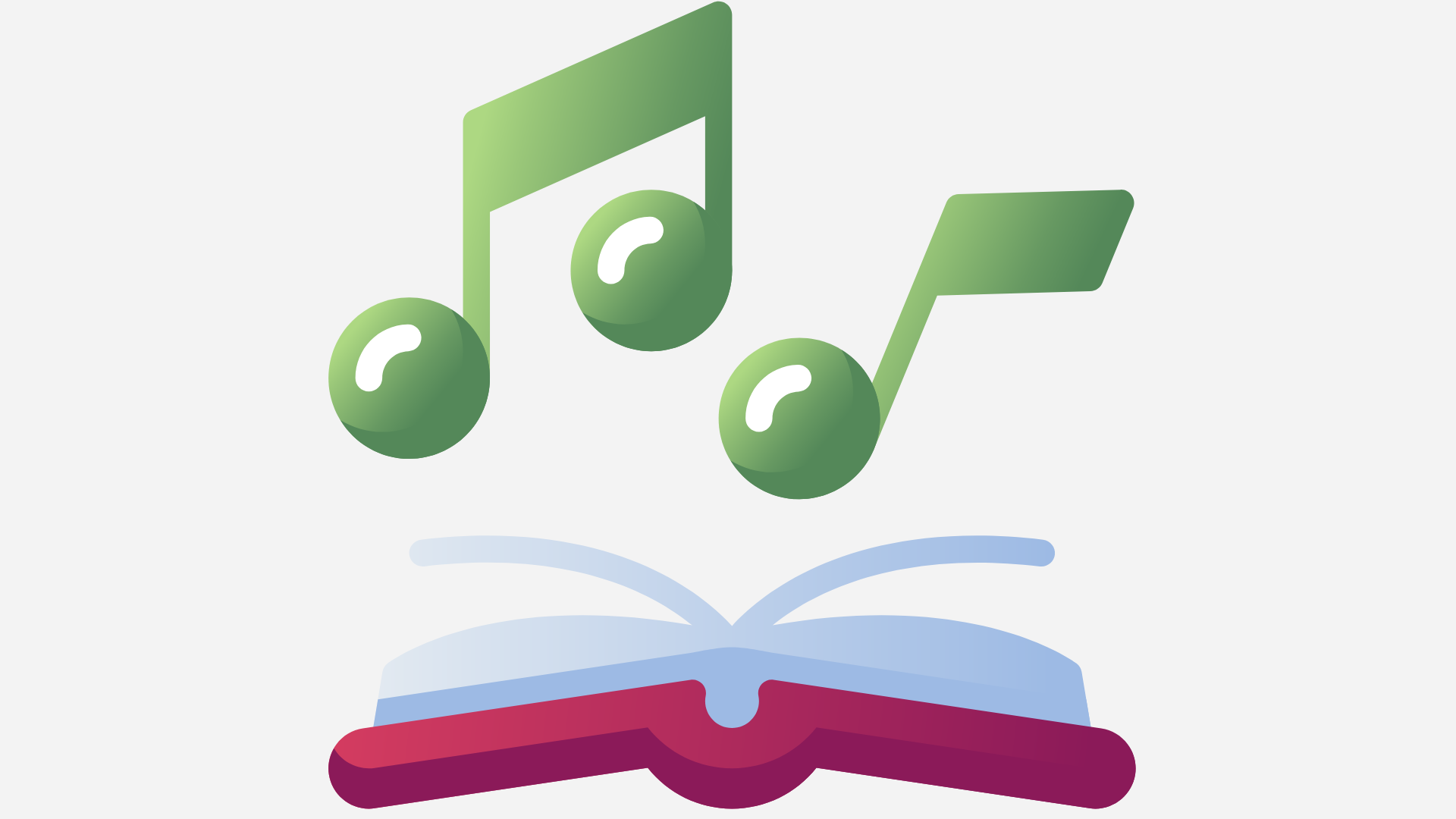
Building Reading Comprehension Through Sound and Rhythm
For Teachers Grades K-8
Explore new paths to help students develop reading comprehension strategies and make connections between music and language. This arts integration workshop guides participants through a process to help students create a Soundscape – a way to retell the story that connects students to the story’s tone, mood, setting, and the characters’ culture(s). This learning process will help students create sensory images, use questioning strategies, develop inference skills, and determine importance.

Telling Your Story through the Beat of Jazz
For Teachers Grades 3-8
Discover strategies aligned with Writer’s Workshop to help students craft their own blues songs, expressing their thoughts, feelings, and experiences. This process not only strengthens writing skills but also supports social-emotional development by giving students a voice through storytelling in music. Writing personal narratives from their perspective in musical forms that shaped the development of blues and jazz will inspire students to connect their emotions to their writing. By exploring the evolution of the blues, students will connect to their own authentic stories, deepening self-awareness, and blending personal experience with a rich musical tradition.

The Rhythm of Belonging: Confidence and Teamwork through Stepping
For Teachers Grades 2-8
More than ever, creating a cooperative classroom community where students feel they belong and that their voice matters is crucial. The art of stepping creates the perfect context for this to happen. Stepping is a percussive, highly-energetic art form where the body becomes an instrument to produce complex rhythms. In this session participants work with Jason Nious, performer with Cirque du Soleil, Stomp, Molodi, and the International Body Music Festival. Experience for yourself how seamless the elements of teamwork such as nonverbal communication, leading/following, and creative problem-solving are integrated and embedded in the creative process of stepping. Get ready to stomp, clap, and get on beat as you see how to create a dynamic and cooperative step team in your classrooms.
Poetry Workshops

Coming Soon!
For Teachers
For Grades K-8
Thanks for your patience as we expand our workshop offerings!
Assessment and Documentation Workshops

Documenting Student Learning in the Arts
For Teachers, Art Specialists, Administrators
For All Grades
Communicating what students have learned through arts-integrated instruction can be complex and challenging. How do we share the learning process or the depth of student understanding when a product or performance only shows a part of it? In this session, explore purposes, components, and formats for communicating arts-integrated instruction and student learning, and consider ways to align them to the needs of various constituencies, such as school administrators and parents.
A wealth of experience and authentic examples of documentation that demonstrate student learning in a variety of art forms and subject areas is shared in this workshop.
Extend the Experience with Part 2…
Planning and Creating Documentation
School administrators, parents, and the field of arts integration need your help to develop a better understanding of the advantages of integrating the arts across the curriculum!
This follow-up session to “Documenting Student Learning Through the Arts” provides an opportunity for you to begin planning how to implement your own ideas for documenting your students’ learning.
The workshop includes an examination of ways to organize information into a structure that tells a clear and concise story about the lesson’s objectives, process, and outcomes as well as a demonstration of how publications and digital narratives can be created using Microsoft Word and PowerPoint.

Arts Integration and Formative Assessment
For Teachers
For All Grade Levels
In arts integration, students are engaged in a creative process to construct and demonstrate understanding through an art form. The teacher’s role is to guide/facilitate students through that creative process. How well are students navigating that process? Is the product they are creating hitting the mark? What should I do next? These are all questions teachers ask themselves. The answers are found in formative assessment, or assessment for learning. This session, along with an example lesson, examines and demonstrates how teachers use formative assessment in arts integration.
Documentation Examples
Documentation is typically created in three formats—displays for a wall, publications that can be copied for others and/or posted on websites, and digital narratives/stories.
Visual Art & Geometry
By analyzing the work of Russian artist Wassily Kandinsky, students developed math skills of identifying, classifying, and describing the shape, size, color, and location of geometric figures. They also developed visual art skills of identifying line, color, and shape and spatial relationships. All the knowledge and skills gained through the analysis of Kandinsky’s art were then applied as students created class mural and individual collages.
Tableau, Reading, & Social Studies
After Martin’s Big Words by Doreen Rappaport was read aloud to 3rd grade students, they summarized the major events of the text to express their understanding of how Martin Luther King, Jr. worked to defend equal rights for all people. They created a tableau (frozen picture) for each major event, and then connected the events together to create a “Tableau Slide Show.” This lesson was one hour (including the reading of the book).
Dance & Science
Third grade students explored concepts and vocabulary shared by dance and science—energy, patterns, and cycles—to learn about dance and the relationship between the sun and Earth. They applied their understandings by creating a dance and reflecting on their experience. This lesson was completed in three sessions (45-60 minutes each) including the creation of the dance, rehearsal, and performance.
Puppetry & History
Puppetry: A Key to Making Inferences from Literature and History
Fourth grade students created puppets, wrote and performed inner monologues to construct and demonstrate their understanding of inference and historical figures. This process was completed in five lessons (60 minutes each).
Tableau & History
Fourth grade students read and discuss information about abolitionists and process and demonstrate their understanding by creating a tableau. They analyze slavery themes in visual art, express their reactions by writing poetic scripts, and finally synthesize their understandings into a short theatrical performance. They end with a reflection about their experience. This lesson was 3 sessions (45-60 minutes each).
Visual Art & History
Fifth grade students created portraits through a print-making process to demonstrate their understanding of Nat Turner, Harriet Tubman, and/or John Brown. This lesson (including research) was 5 sessions (60 minutes each).
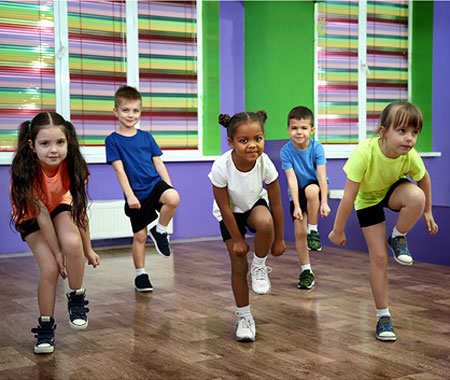
DANCE Documentation Examples
Kindergarten
Patterns in Math and Dance
1st Grade
Creative Movement and Science
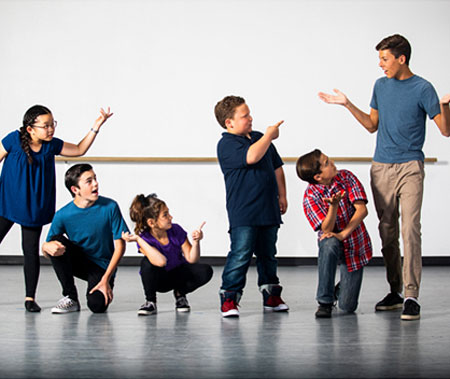
DRAMA Documentation Examples
Kindergarten
Storytelling, Science, Oral Language
3rd Grade
Drama and Reading Comprehension
Kindergarten
Storytelling, Science, Oral Language

VISUAL ART Documentation Examples
1st Grade
Visual Art and Geometry
4th Grade
Visual Art and Geography
2nd Grade
Reading Painting and Writing Poetry
